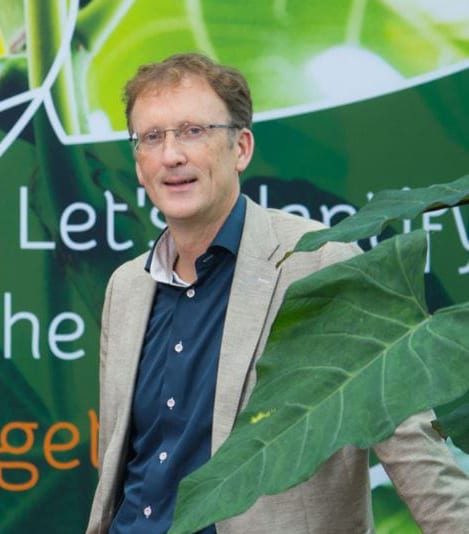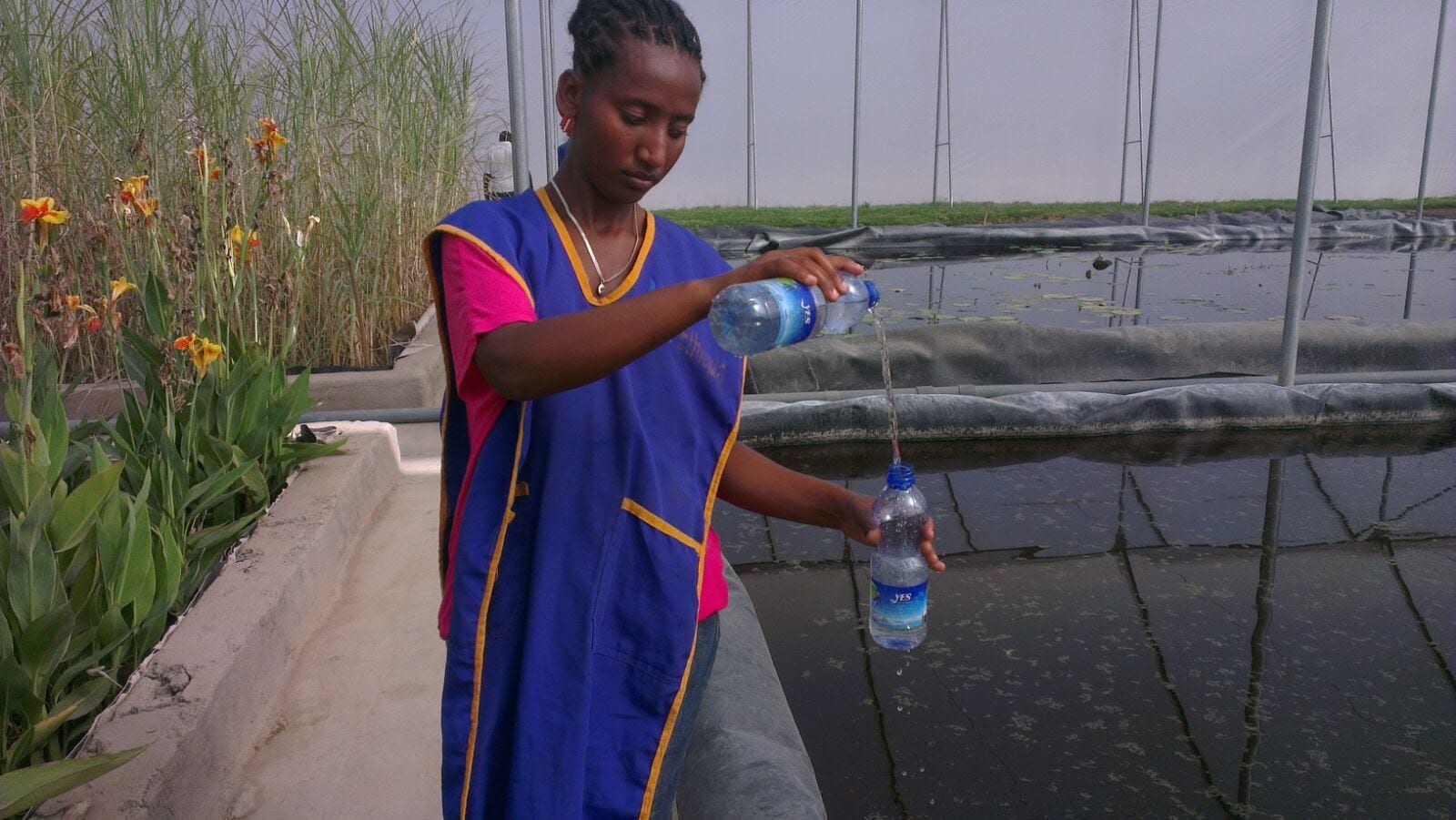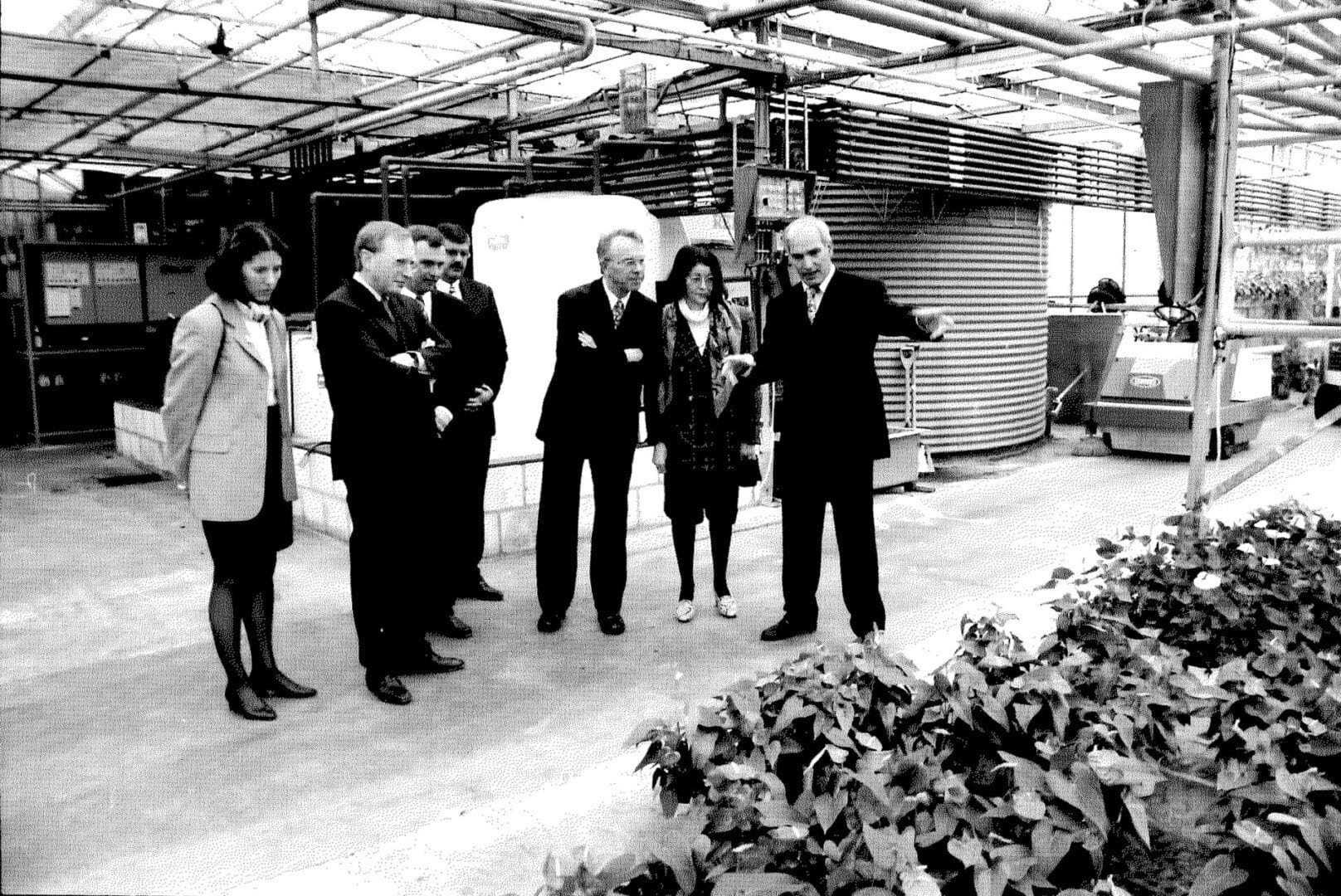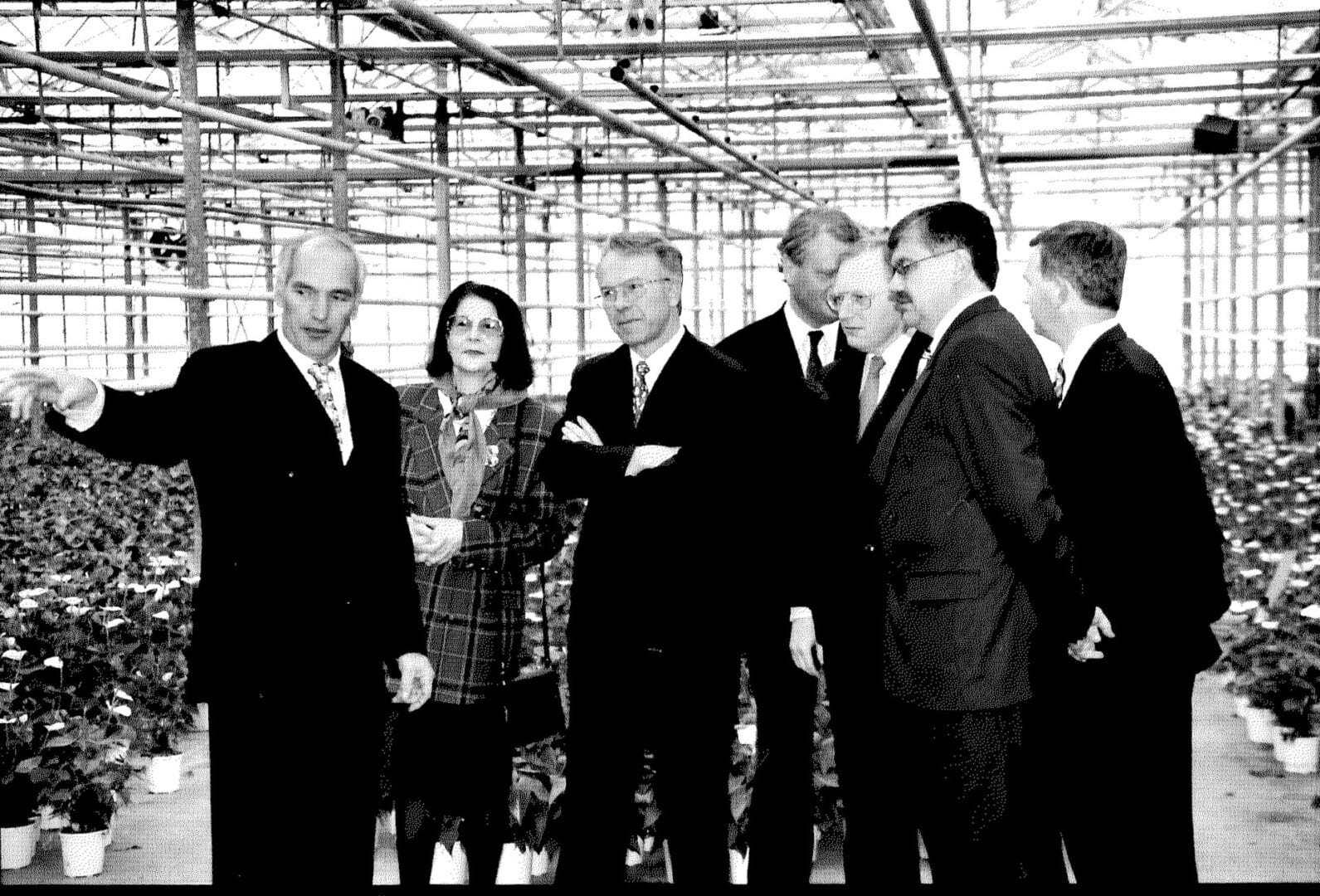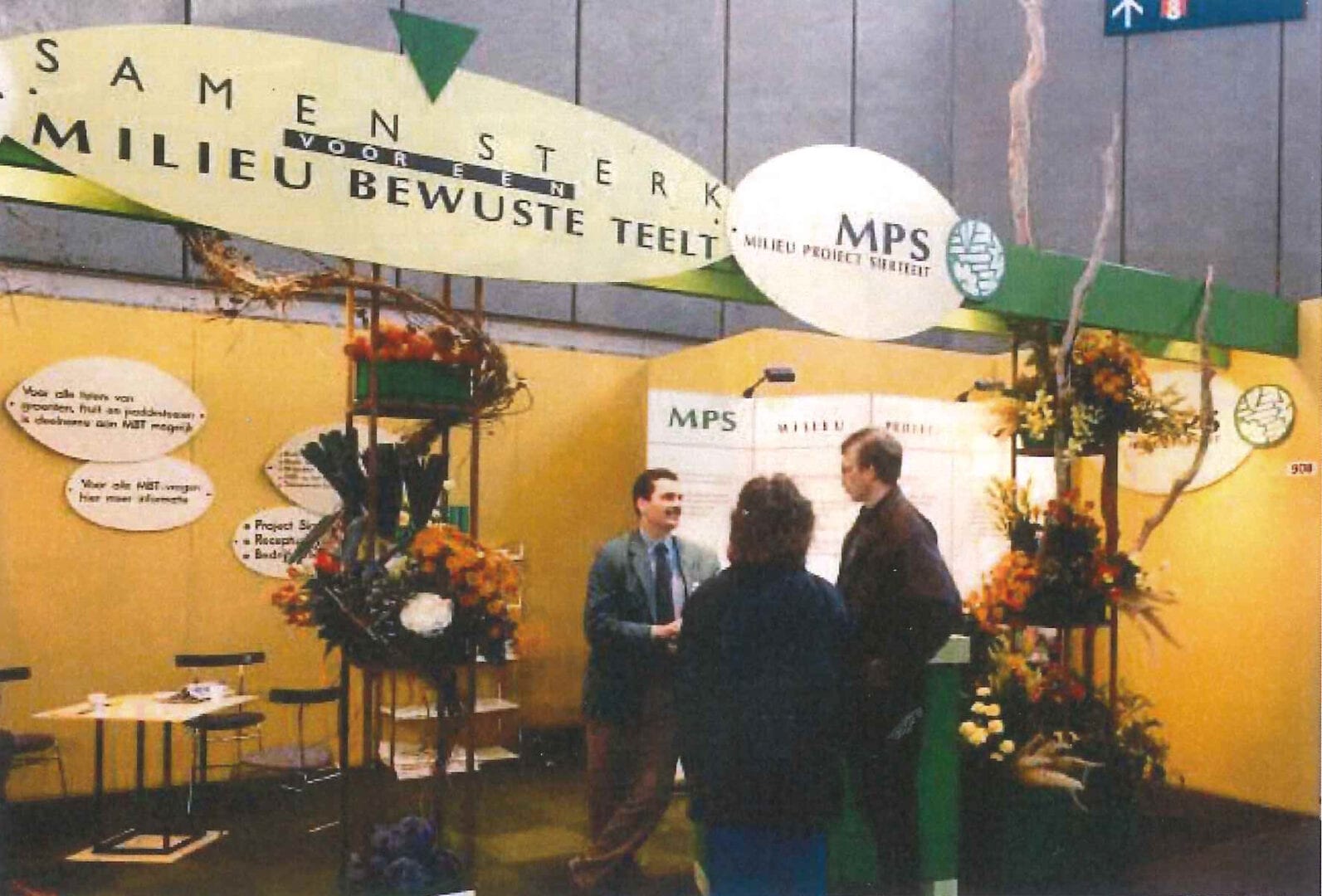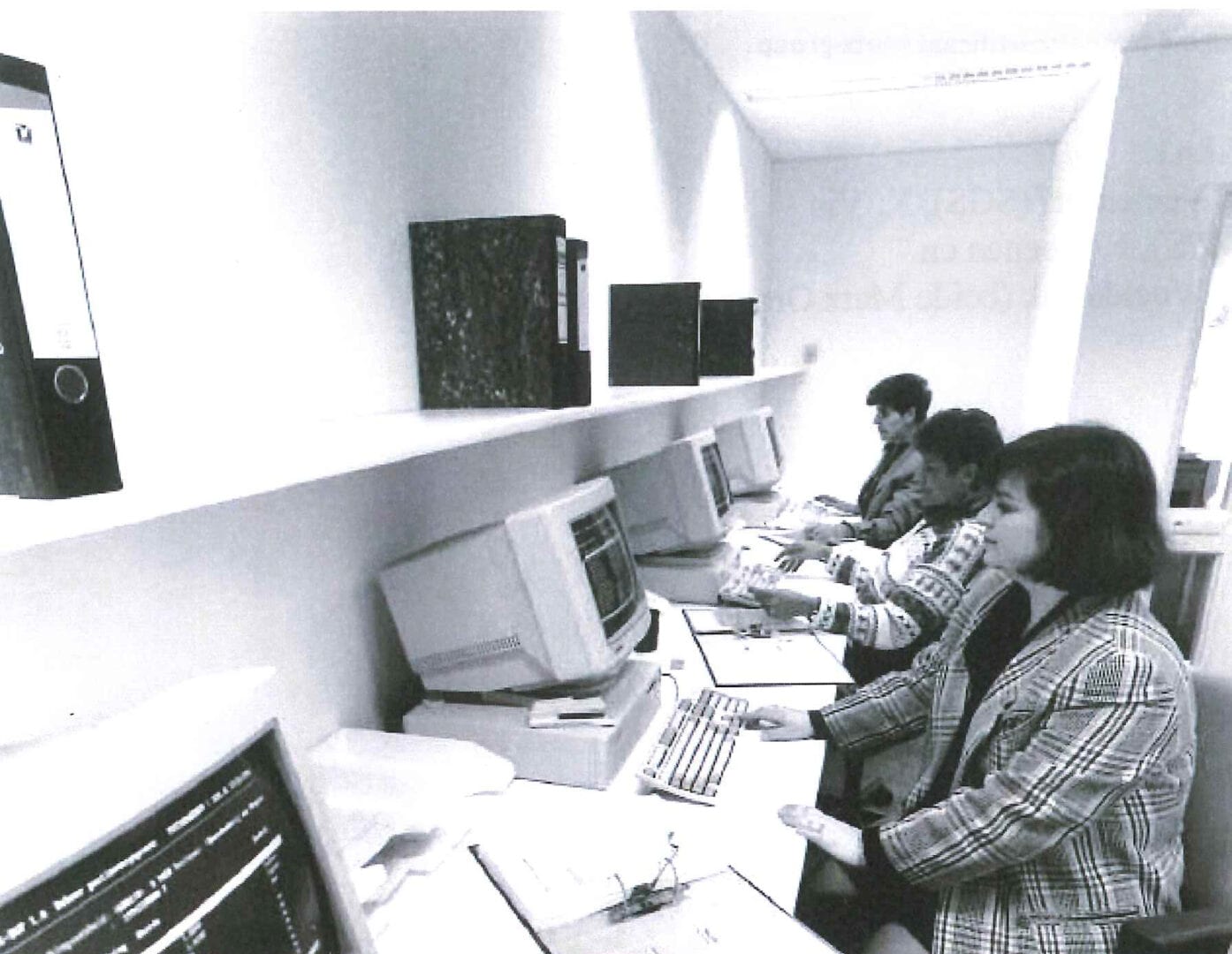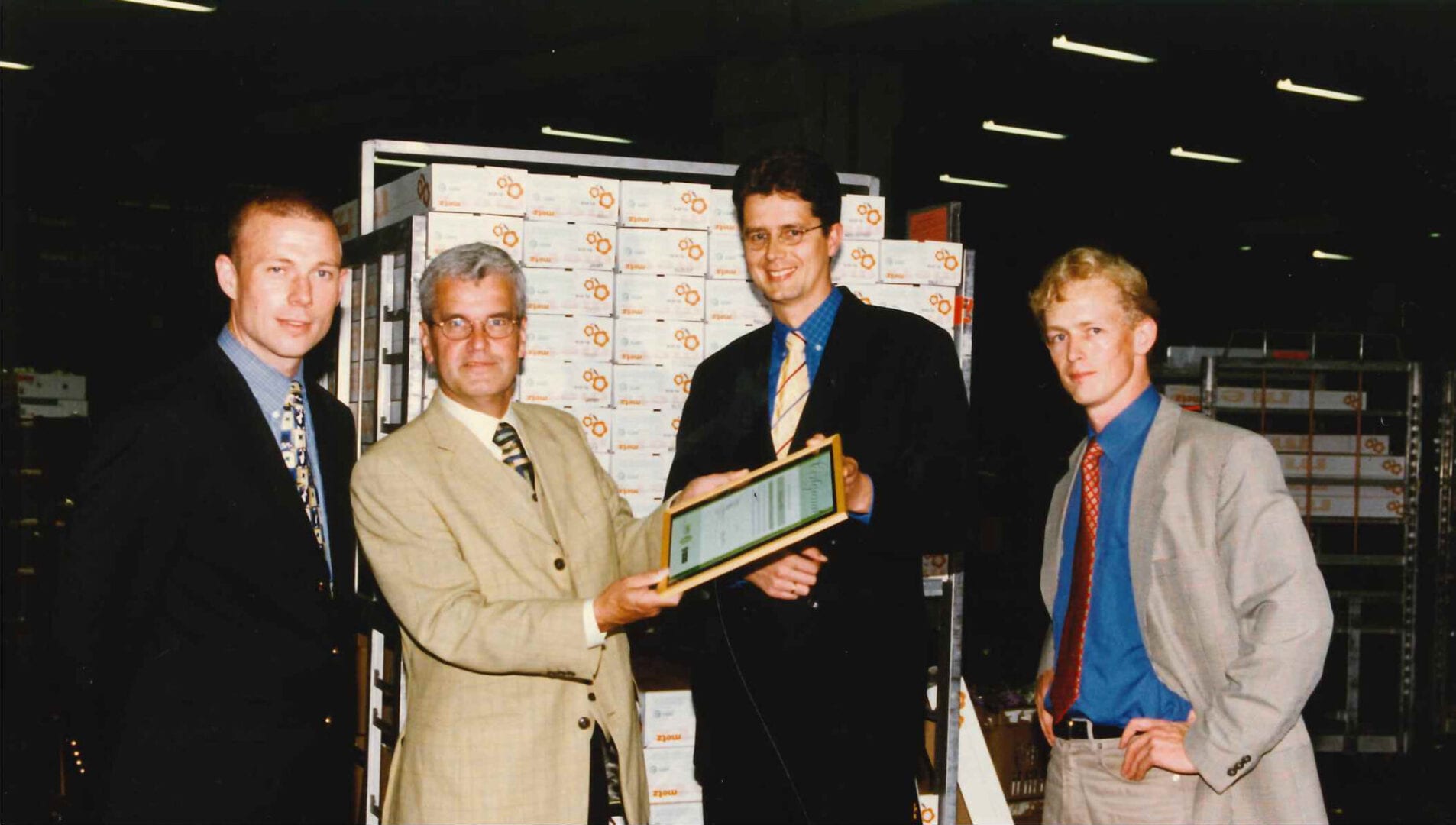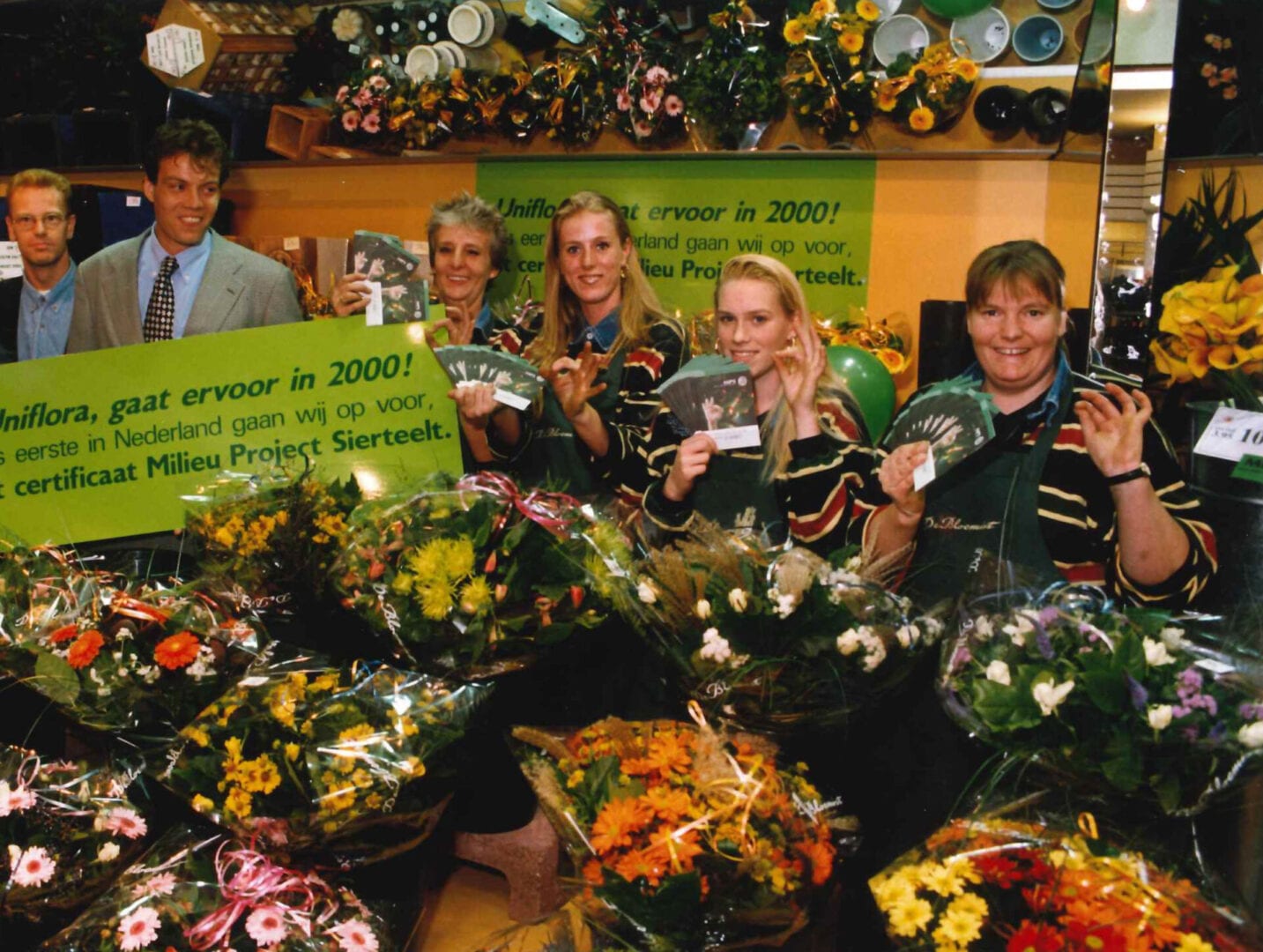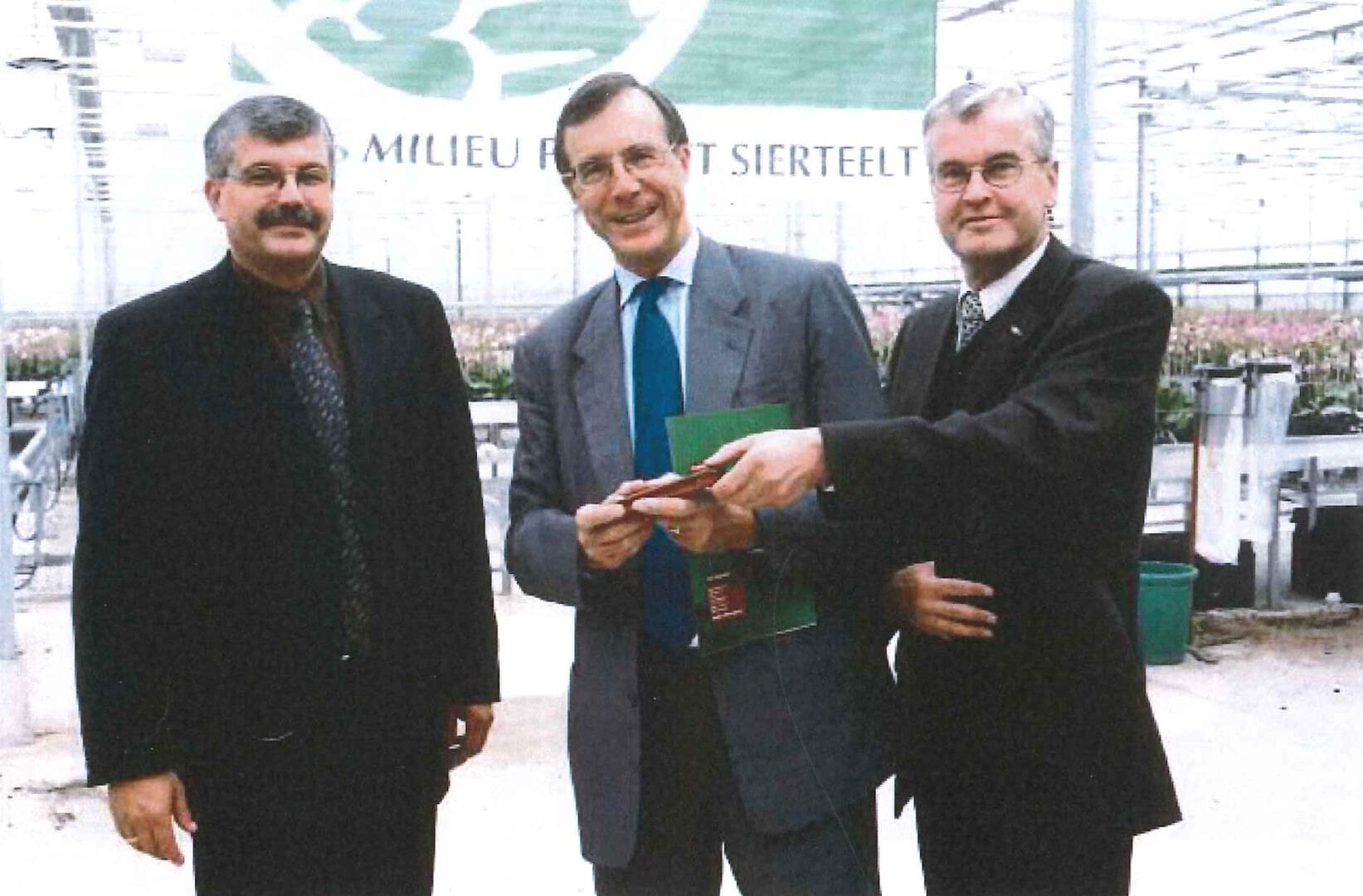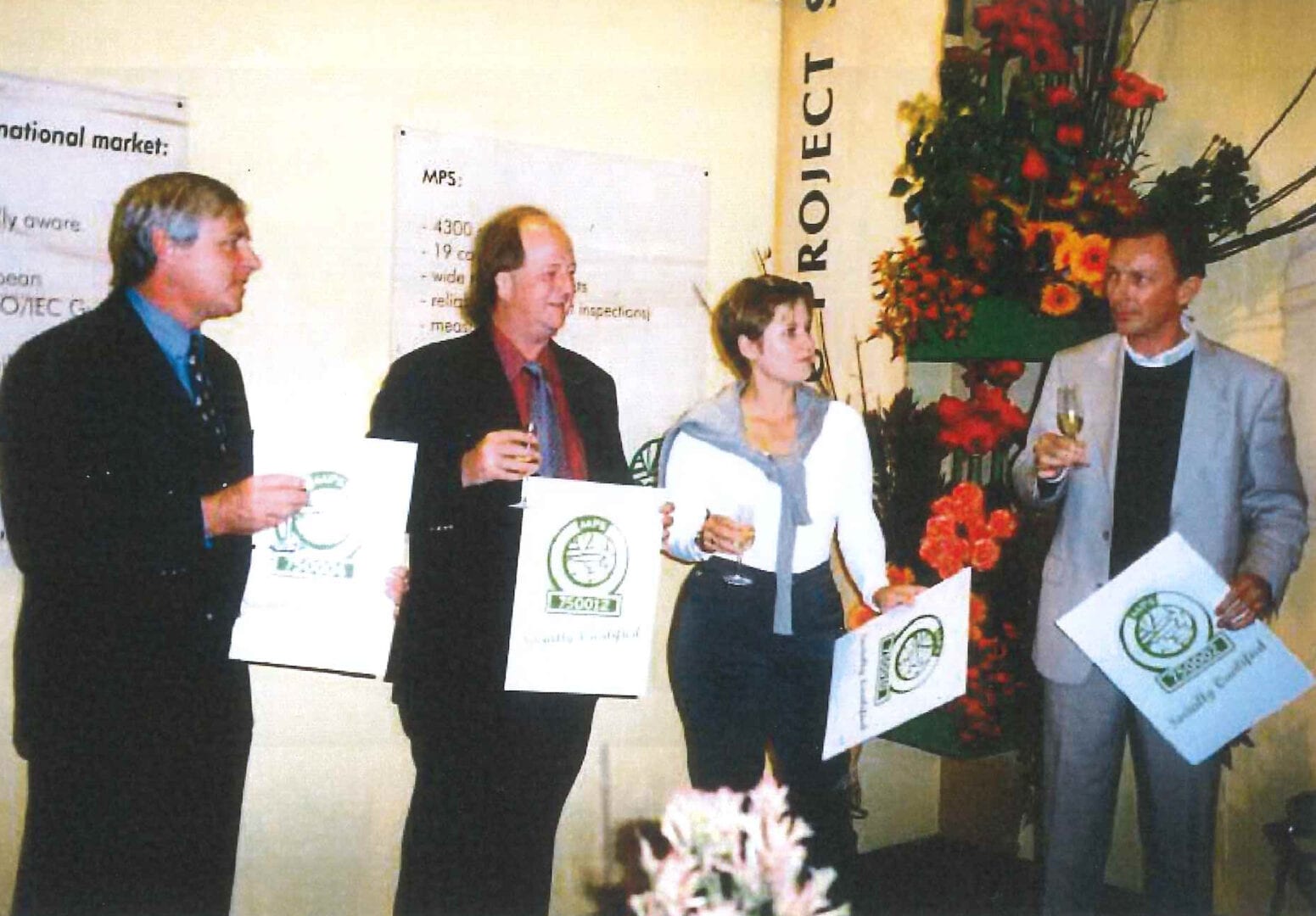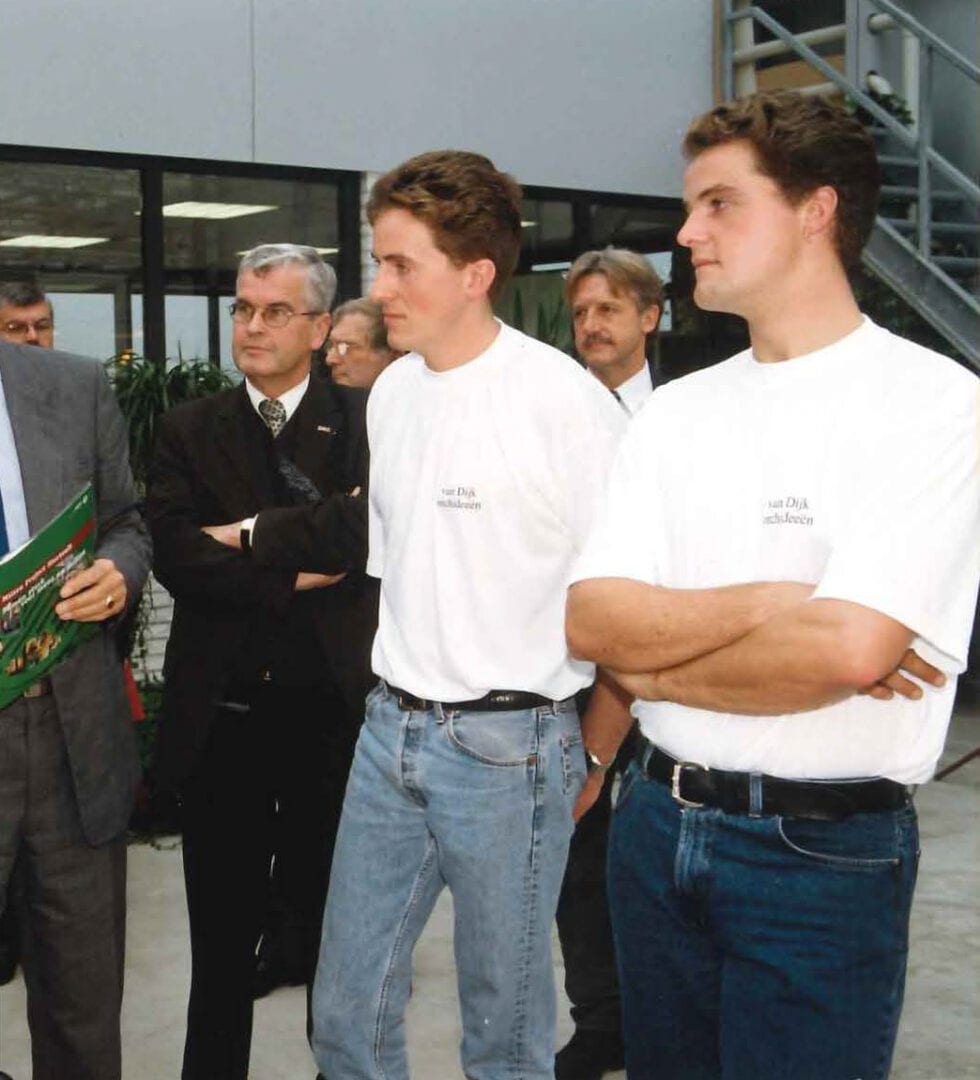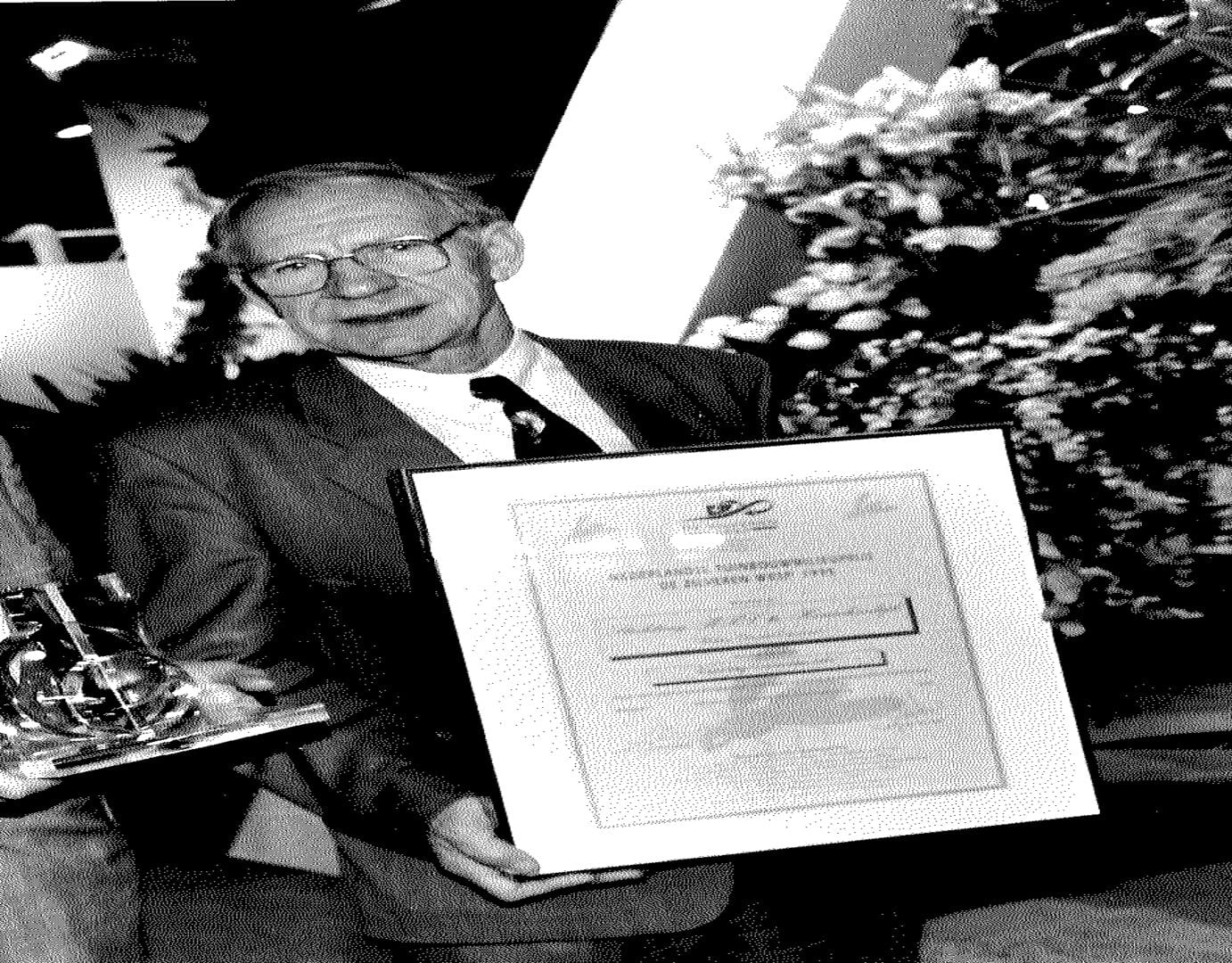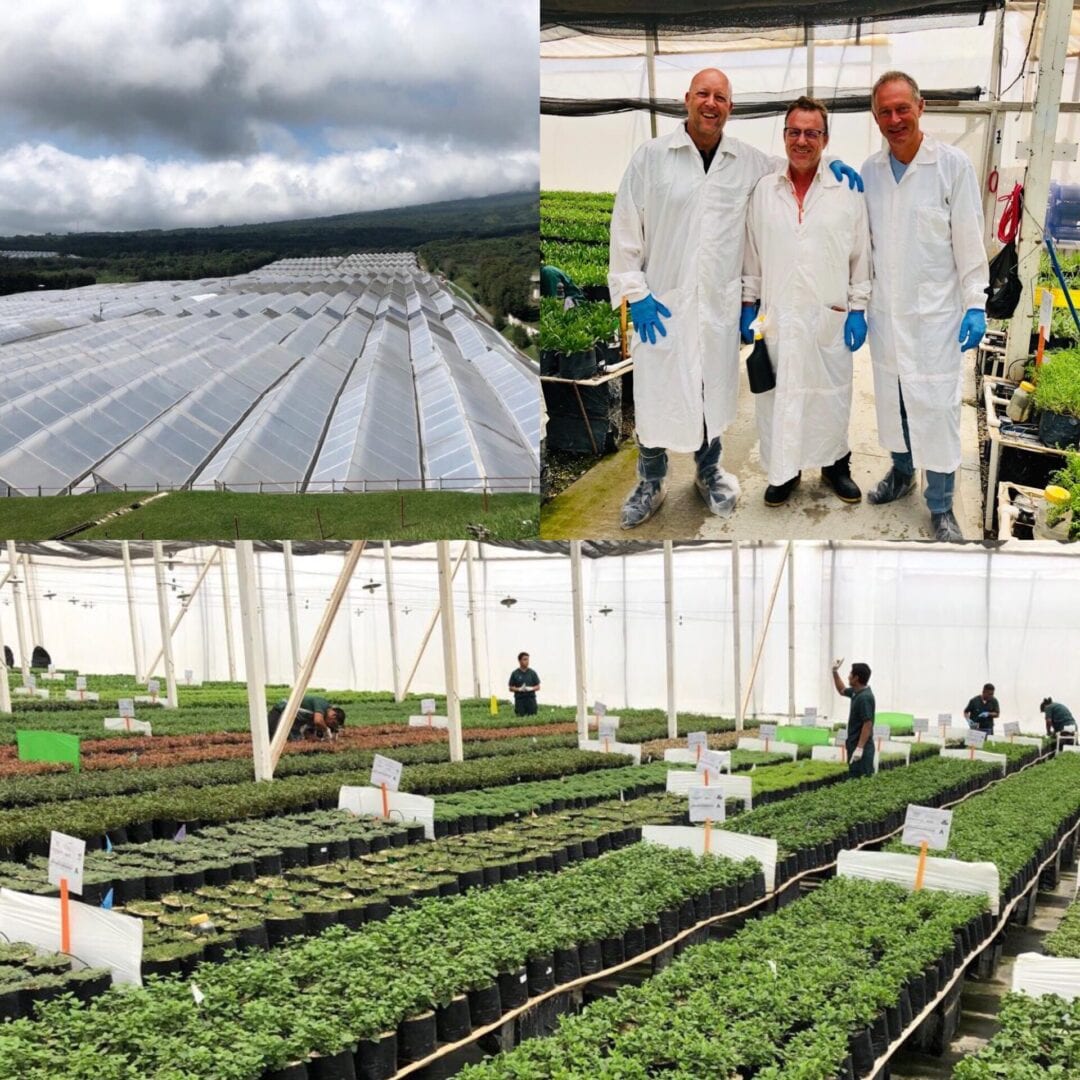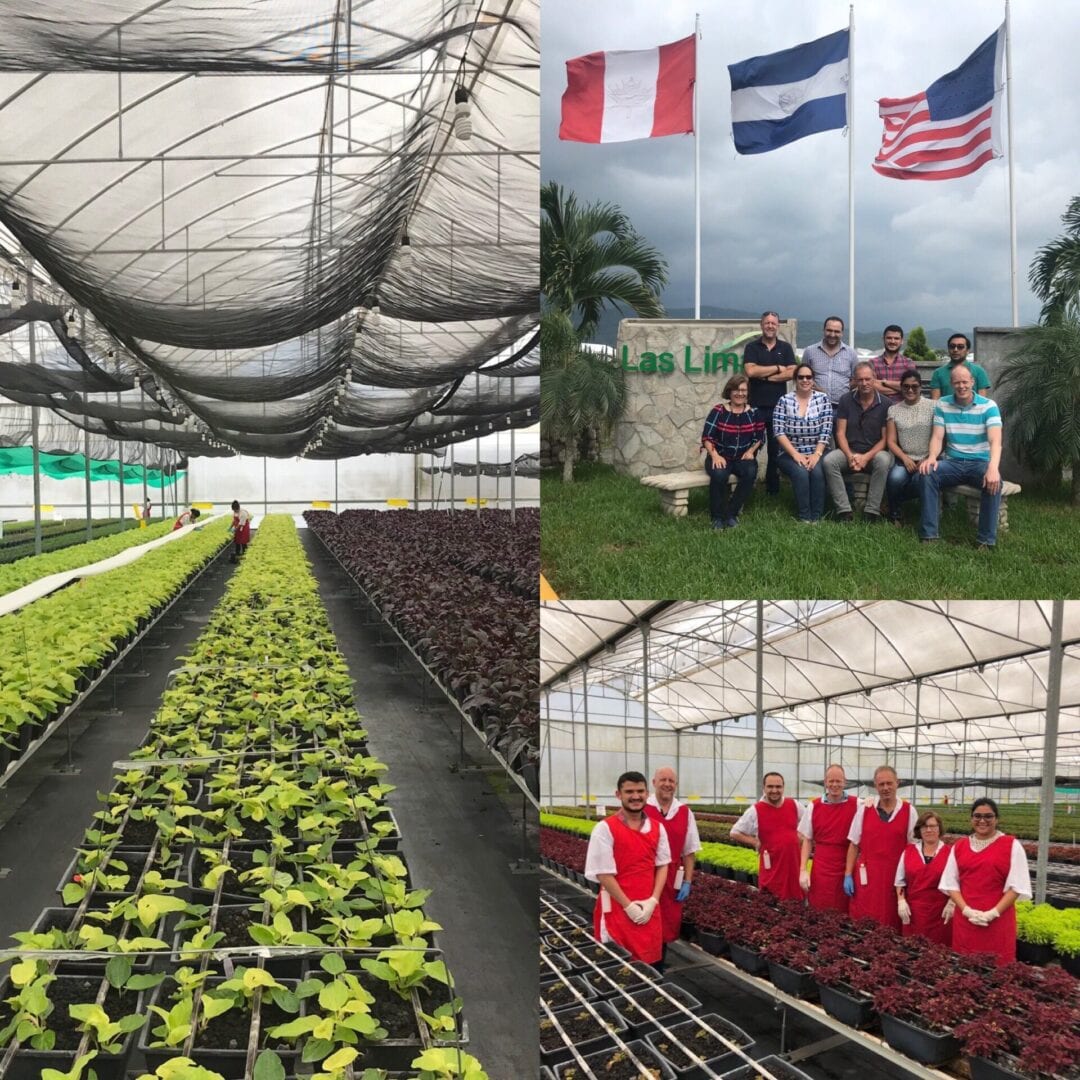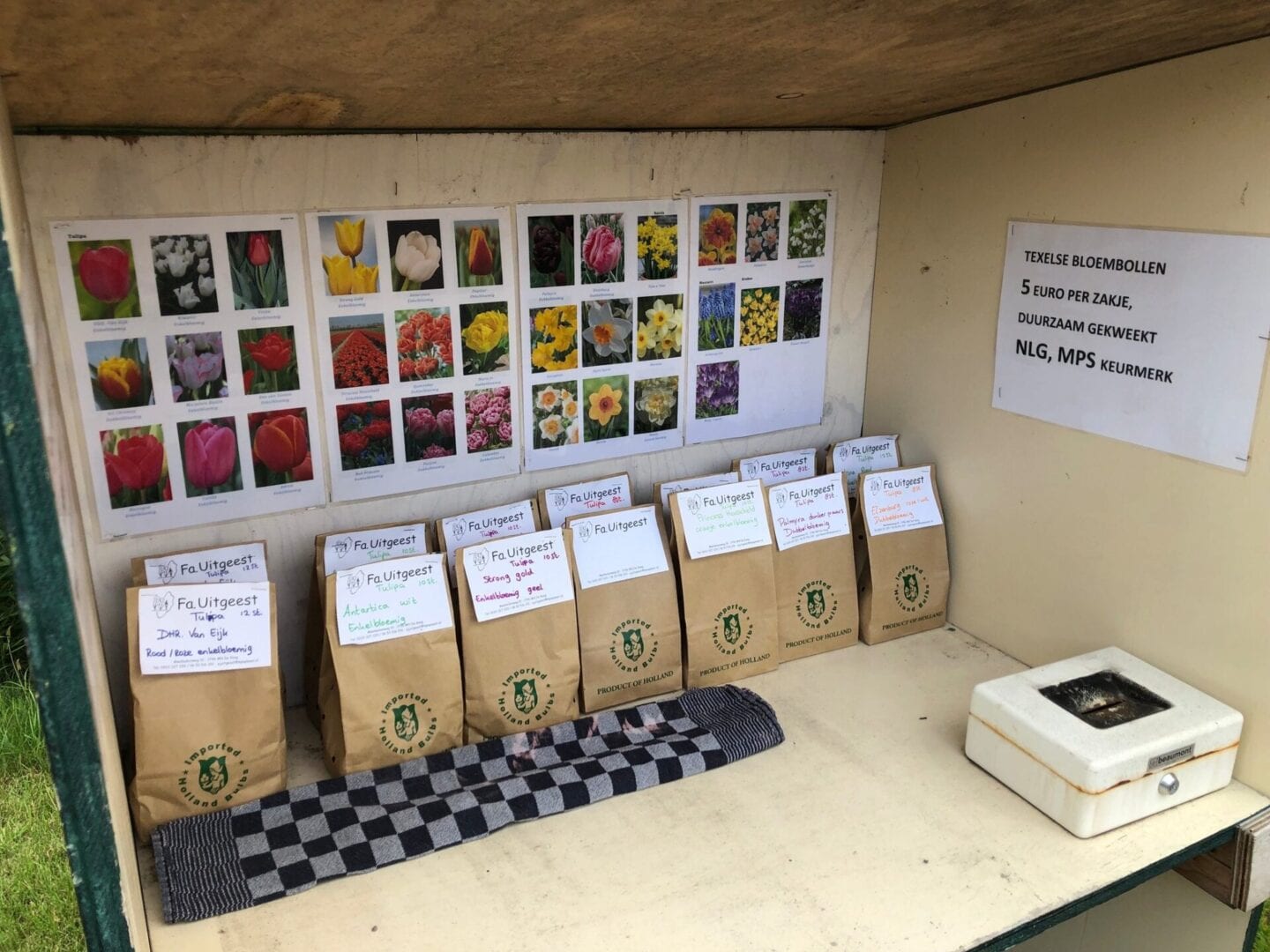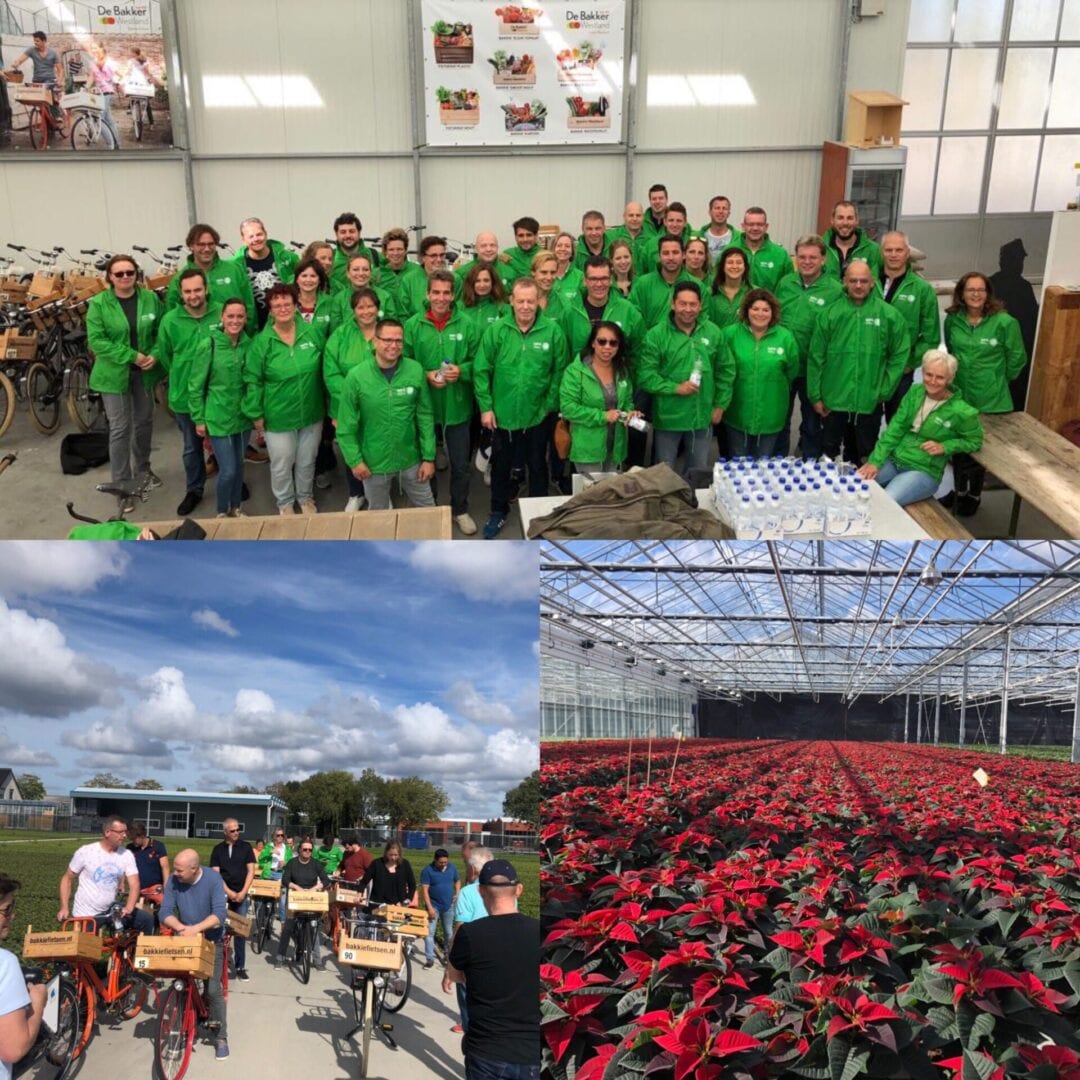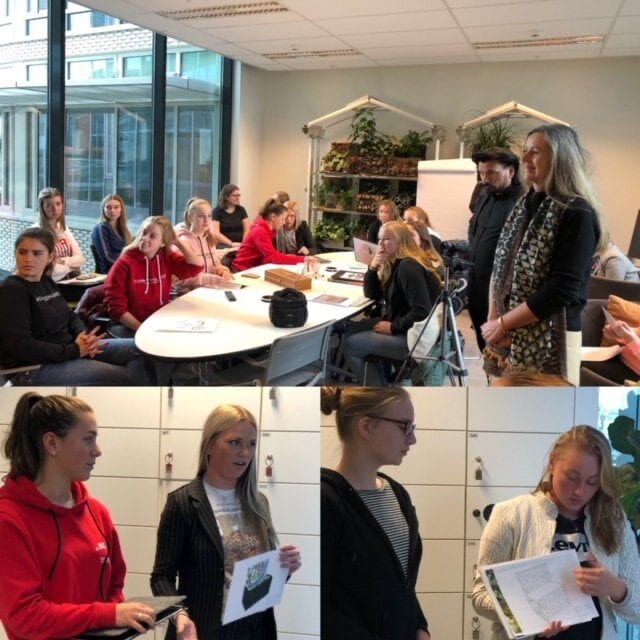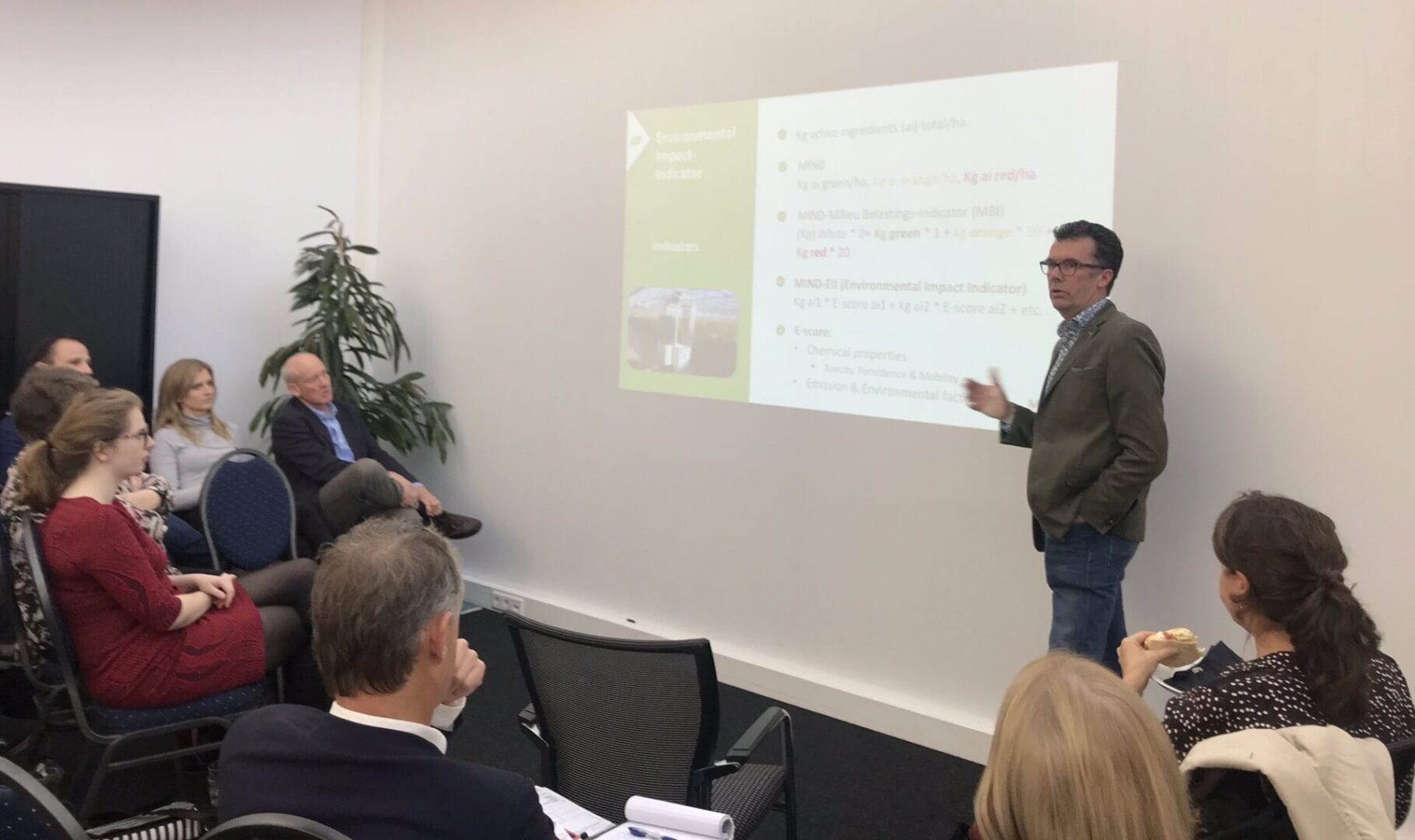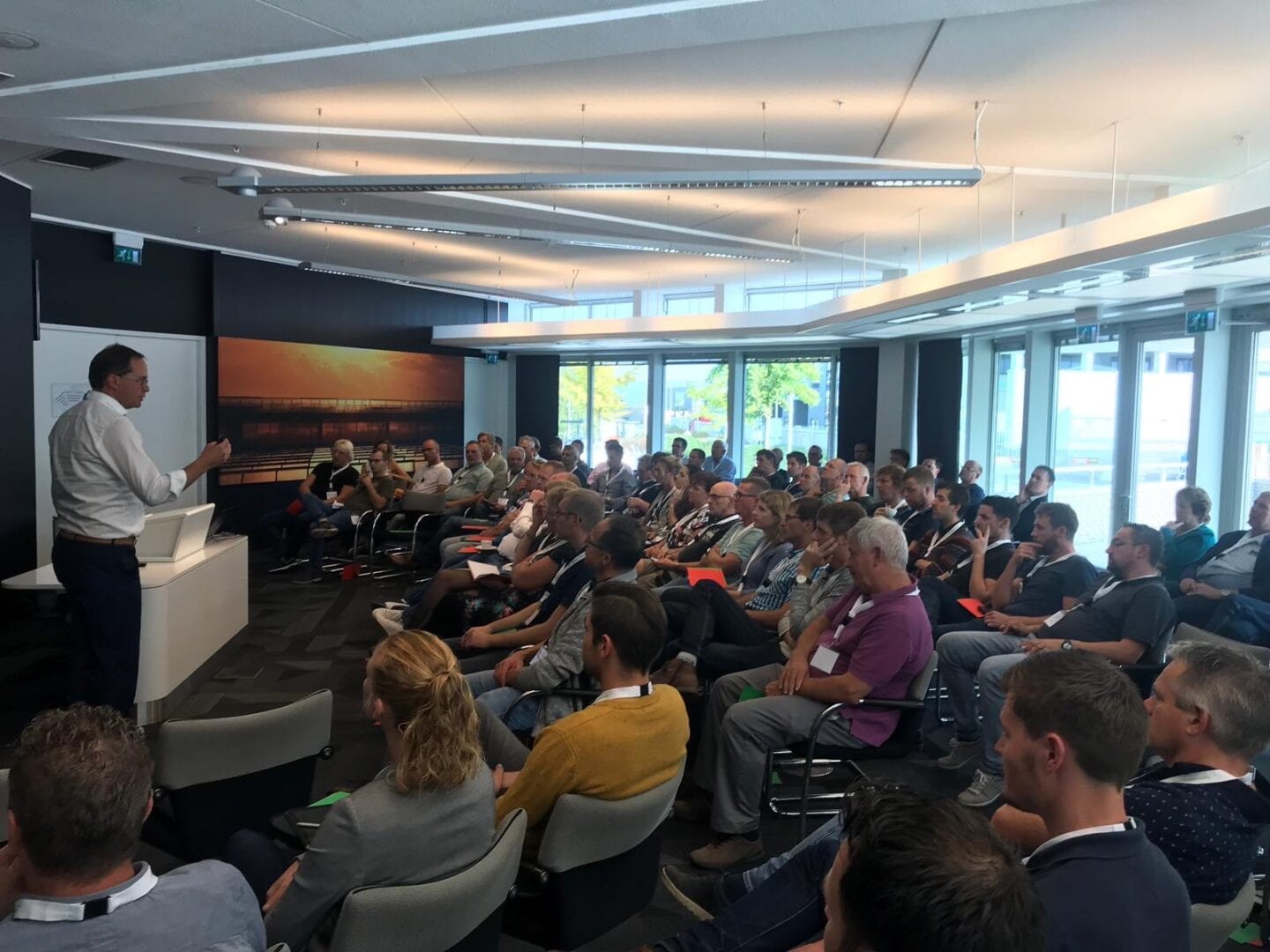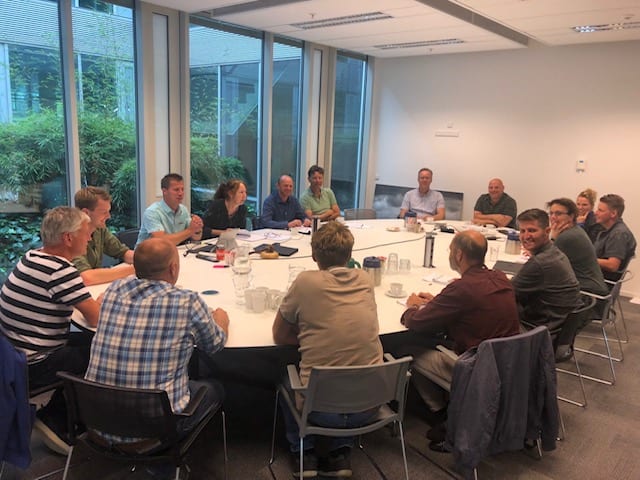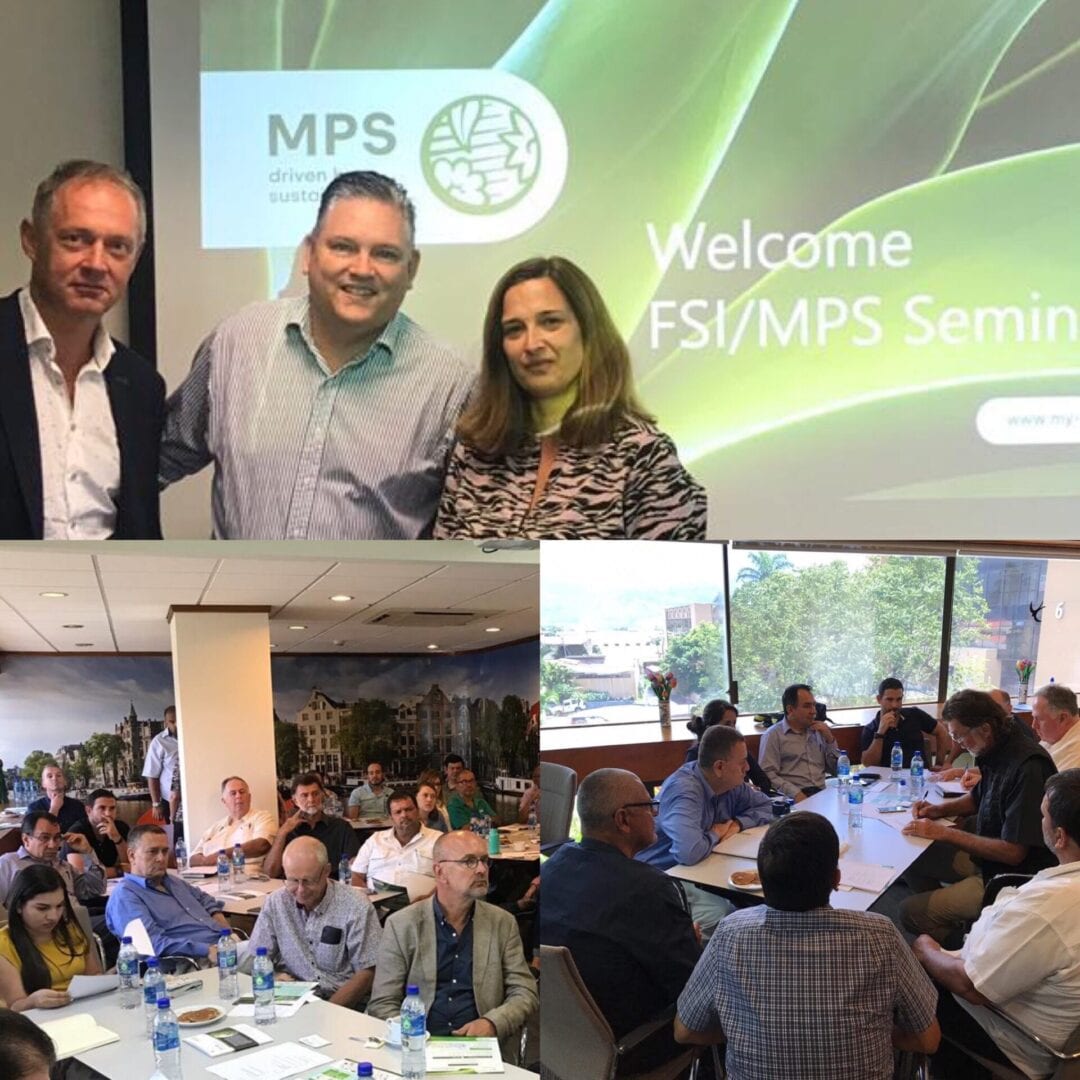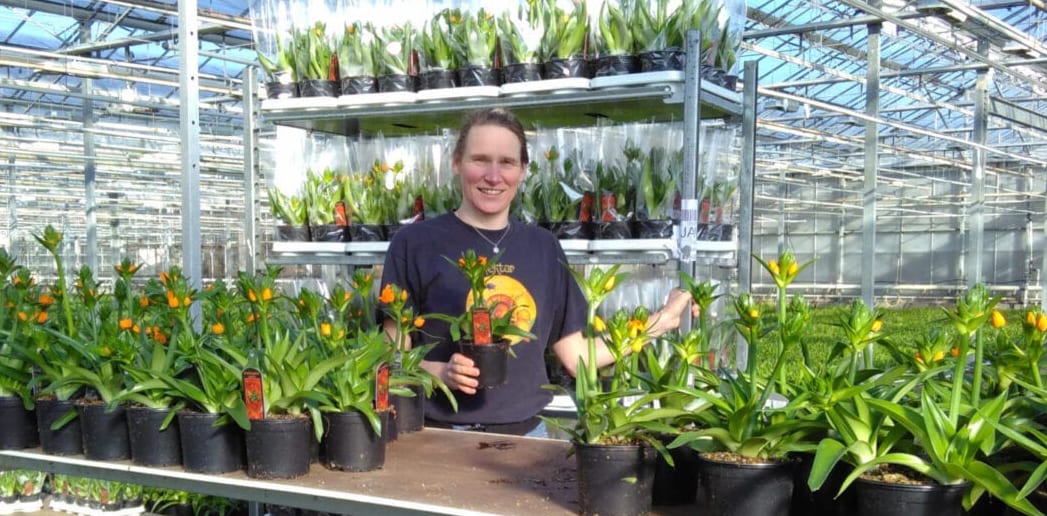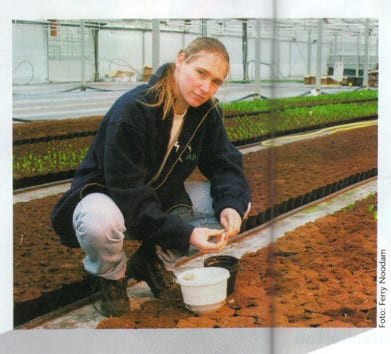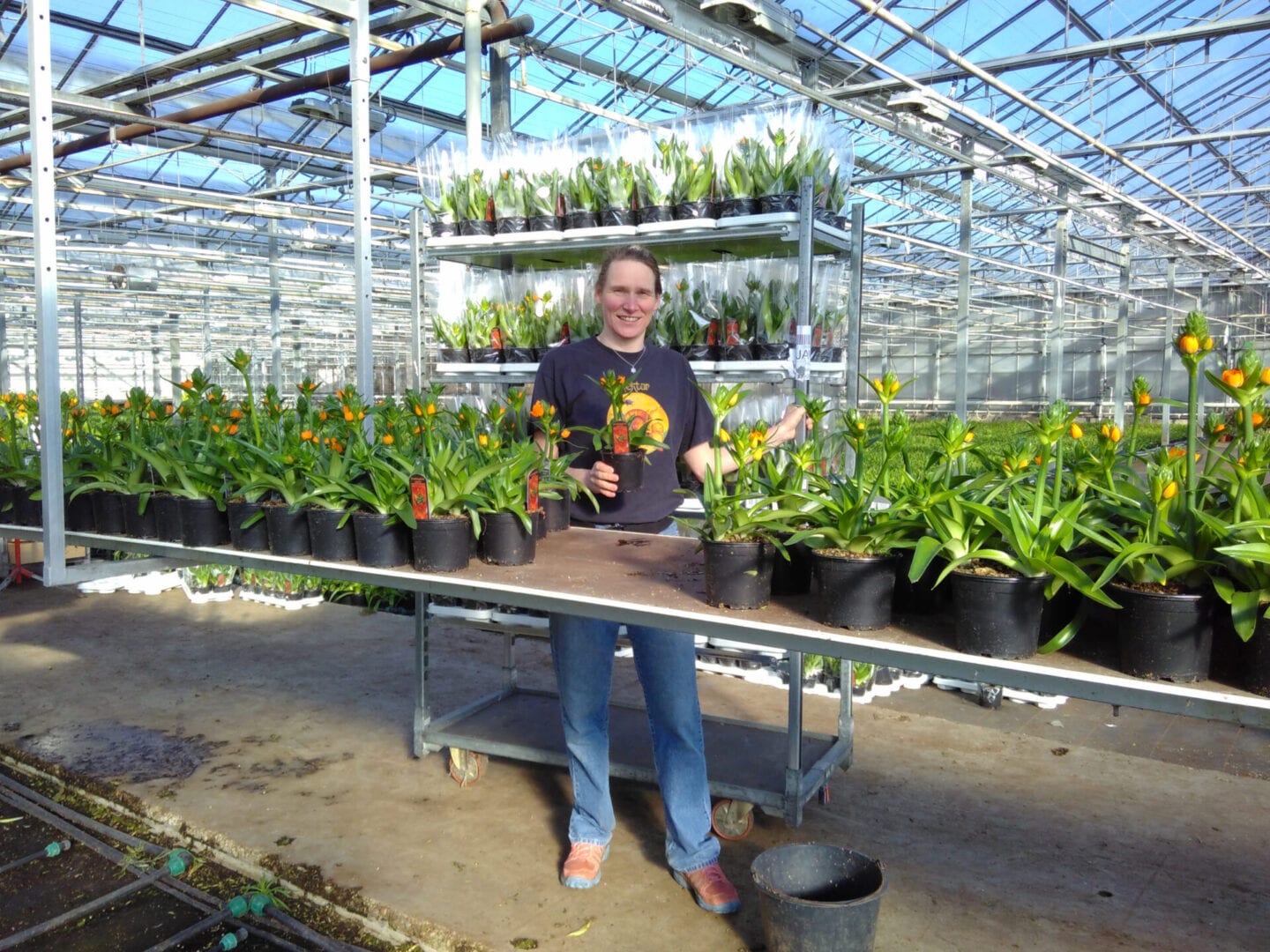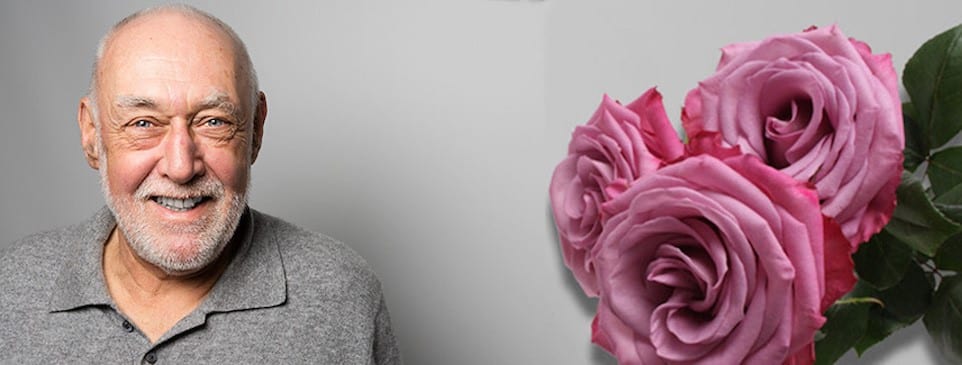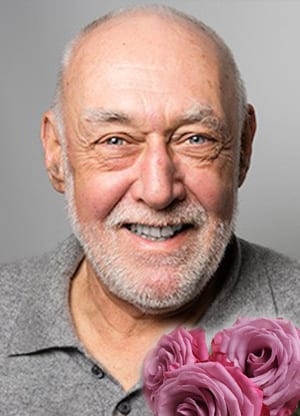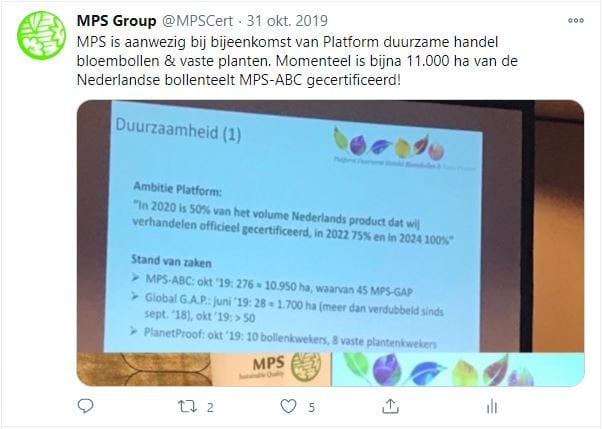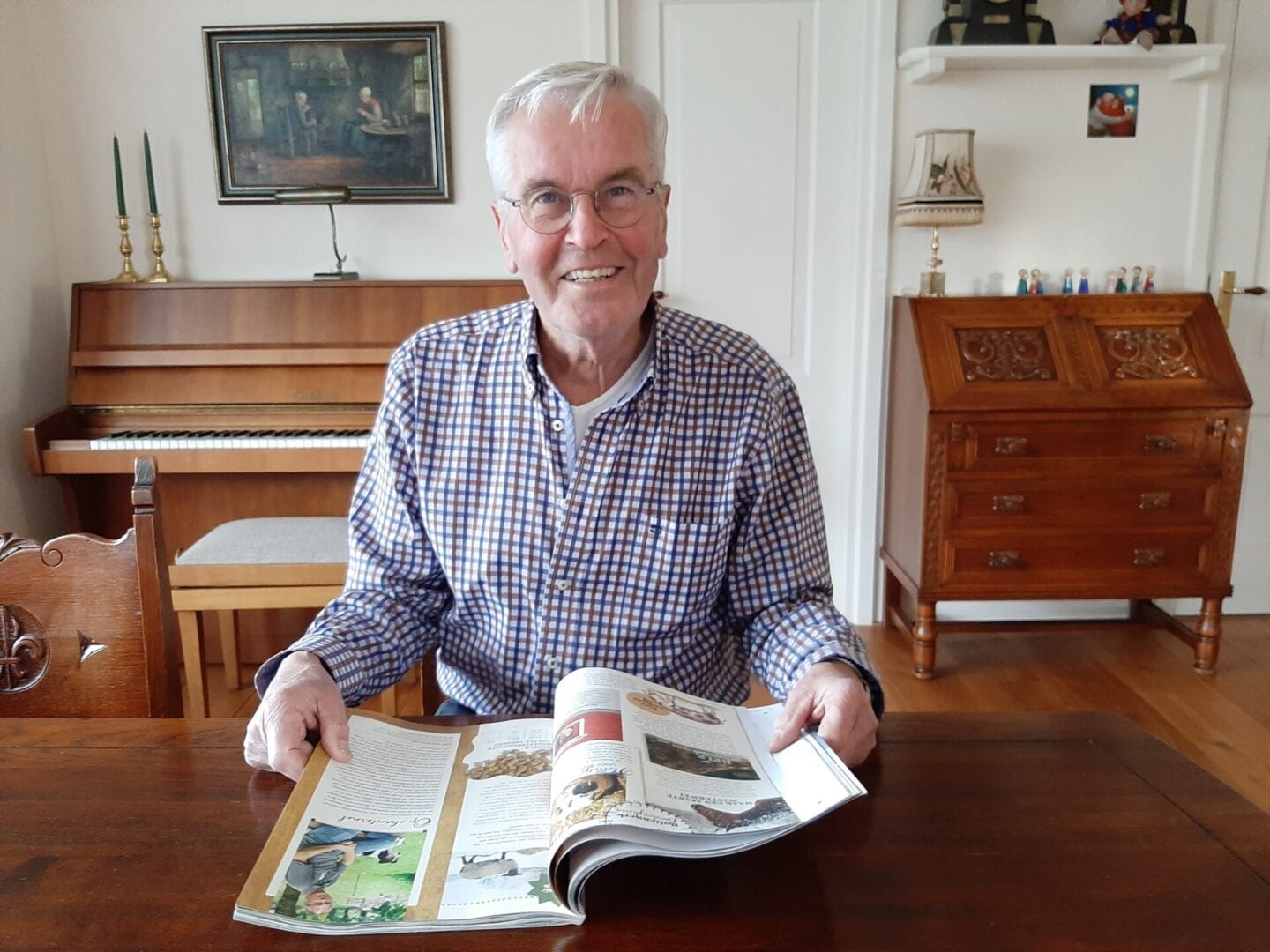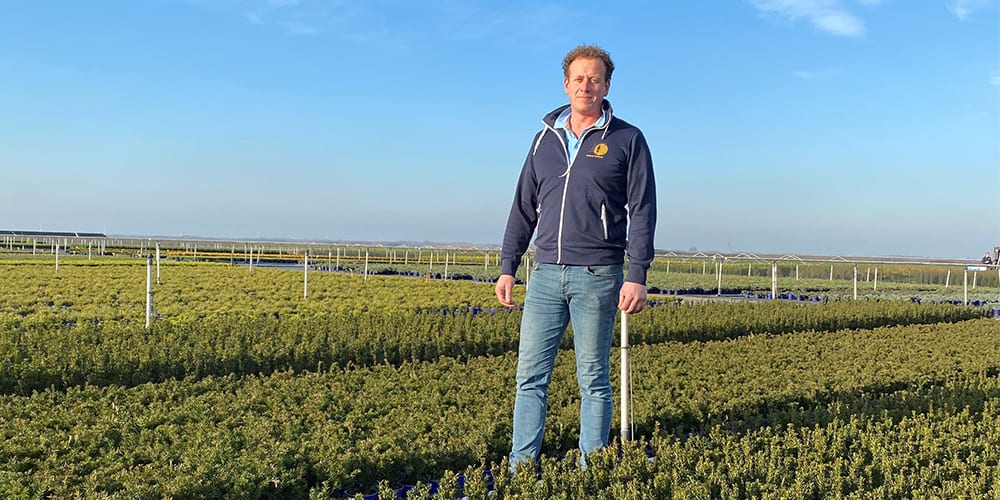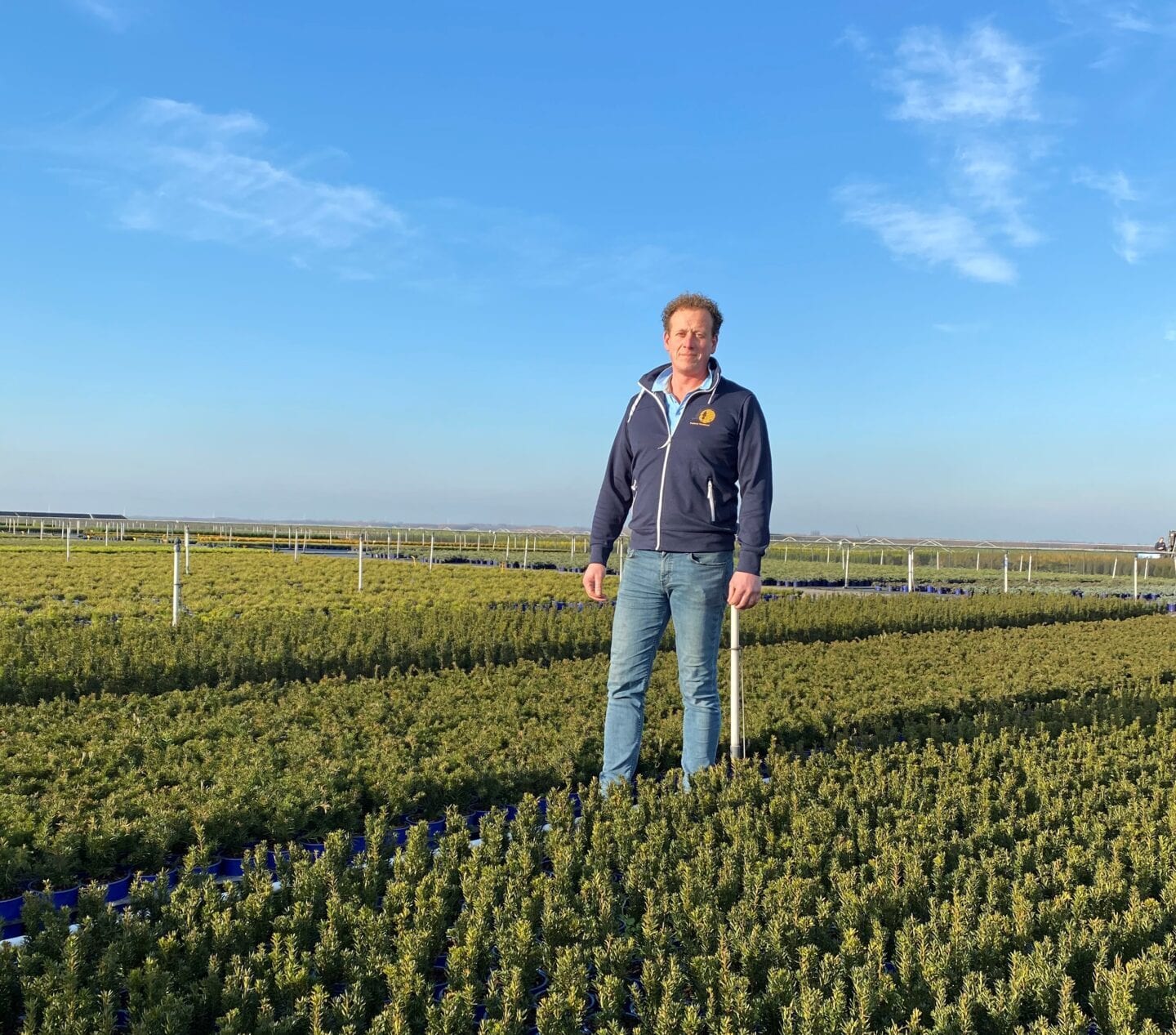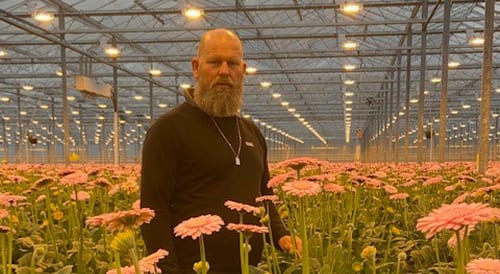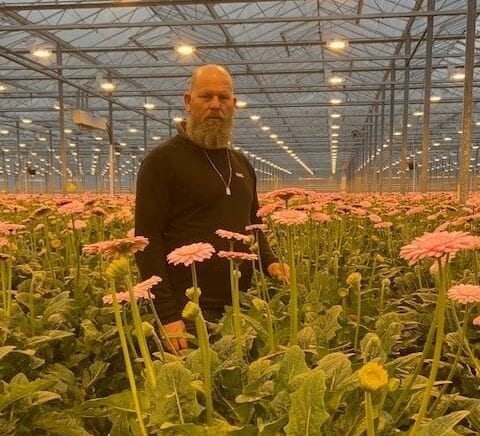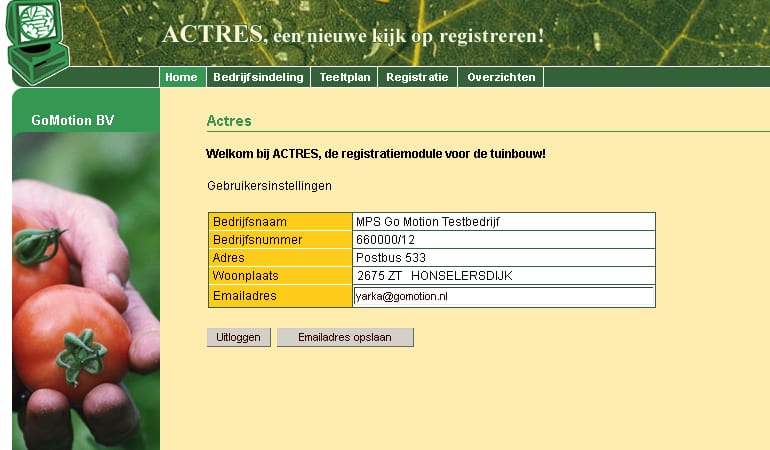The story of MPS is the story of the horticultural sector. “Show how the horticultural sector deals with crop protection” was the reason 29 years ago. A sector that is now demonstrating the importance of sustainable and responsible production. Join us in the story of MPS, the story of your sector. A history that is never finished, because horticulture and MPS continue to innovate and increase sustainability. Keep following this page if you want to know how MPS continues to support the horticulture in transparent entrepreneurship, on the way to a sustainable future.
- … - 2020
- 2019 - 2013
- 2013 - 2007
- 2007 - 2004
- 2003 - 1999
- 1998 - 1996
- 1995 - 1993

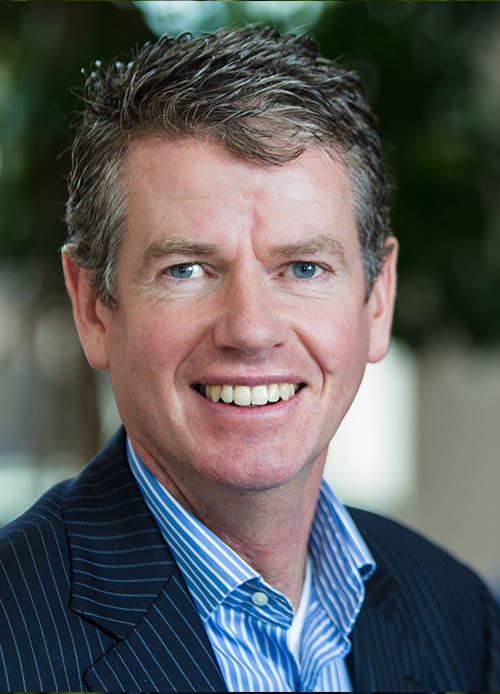 “The growers who started with MPS 25 years ago did that out of conviction. They themselves really wanted to produce flowers or plants sustainably. Either because they felt responsible for the environment and their staff or because they could already see that there was a growing market demand for sustainable products. They wanted to differentiate themselves and perhaps make a few cents extra. An environmental record-keeping system was way ahead of its time back then,” explains Dirk Hogervorst, acting CEO at MPS.
“The growers who started with MPS 25 years ago did that out of conviction. They themselves really wanted to produce flowers or plants sustainably. Either because they felt responsible for the environment and their staff or because they could already see that there was a growing market demand for sustainable products. They wanted to differentiate themselves and perhaps make a few cents extra. An environmental record-keeping system was way ahead of its time back then,” explains Dirk Hogervorst, acting CEO at MPS.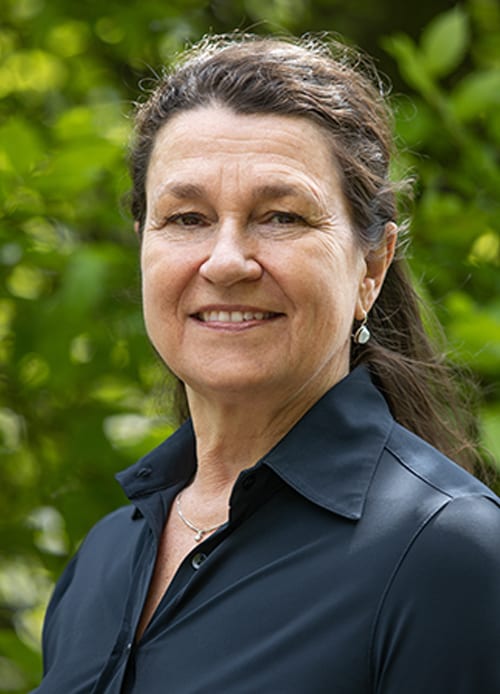 ‘We already have a record-keeping’, was one of the arguments Miltenburg encountered during the member sessions in the country. “Growers are indeed obliged to record their substance use, for example, in accordance with the legal regulations. But that is not digital and also too limited, and is not checked regularly”, says Miltenburg. These record-keepings do not help improve cultivation and the market also demands more. “I think it is a shame when growers say ‘the trade is not obliged to only purchase certified sustainable, so I will not start such a sustainability certificate’. Come on, we have to if we want to keep selling flowers and plants. If you record what you do, have it checked and are transparent about it, you can show that you are growing sustainably. As a cooperative, we take the leading role. Trade will follow automatically.”
‘We already have a record-keeping’, was one of the arguments Miltenburg encountered during the member sessions in the country. “Growers are indeed obliged to record their substance use, for example, in accordance with the legal regulations. But that is not digital and also too limited, and is not checked regularly”, says Miltenburg. These record-keepings do not help improve cultivation and the market also demands more. “I think it is a shame when growers say ‘the trade is not obliged to only purchase certified sustainable, so I will not start such a sustainability certificate’. Come on, we have to if we want to keep selling flowers and plants. If you record what you do, have it checked and are transparent about it, you can show that you are growing sustainably. As a cooperative, we take the leading role. Trade will follow automatically.”

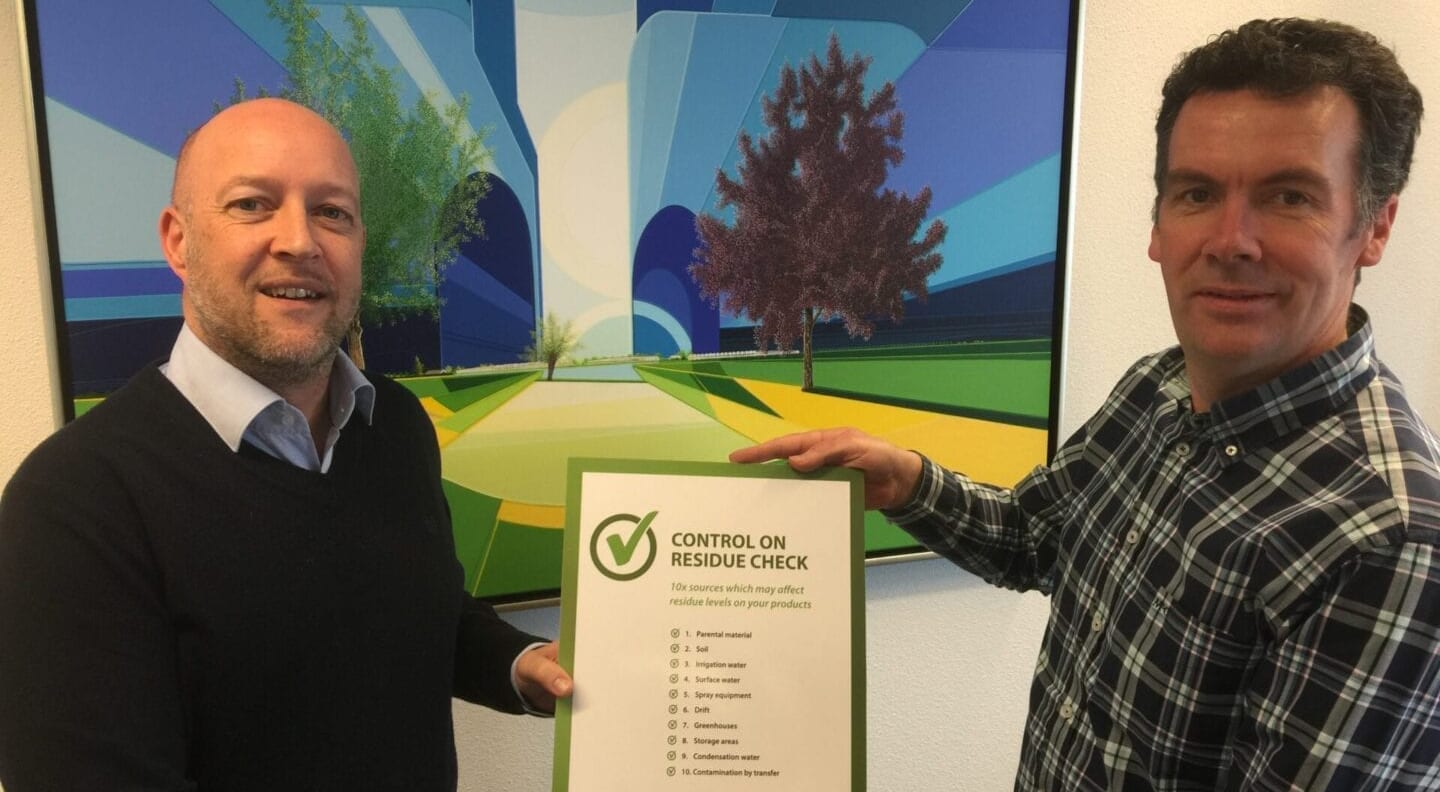
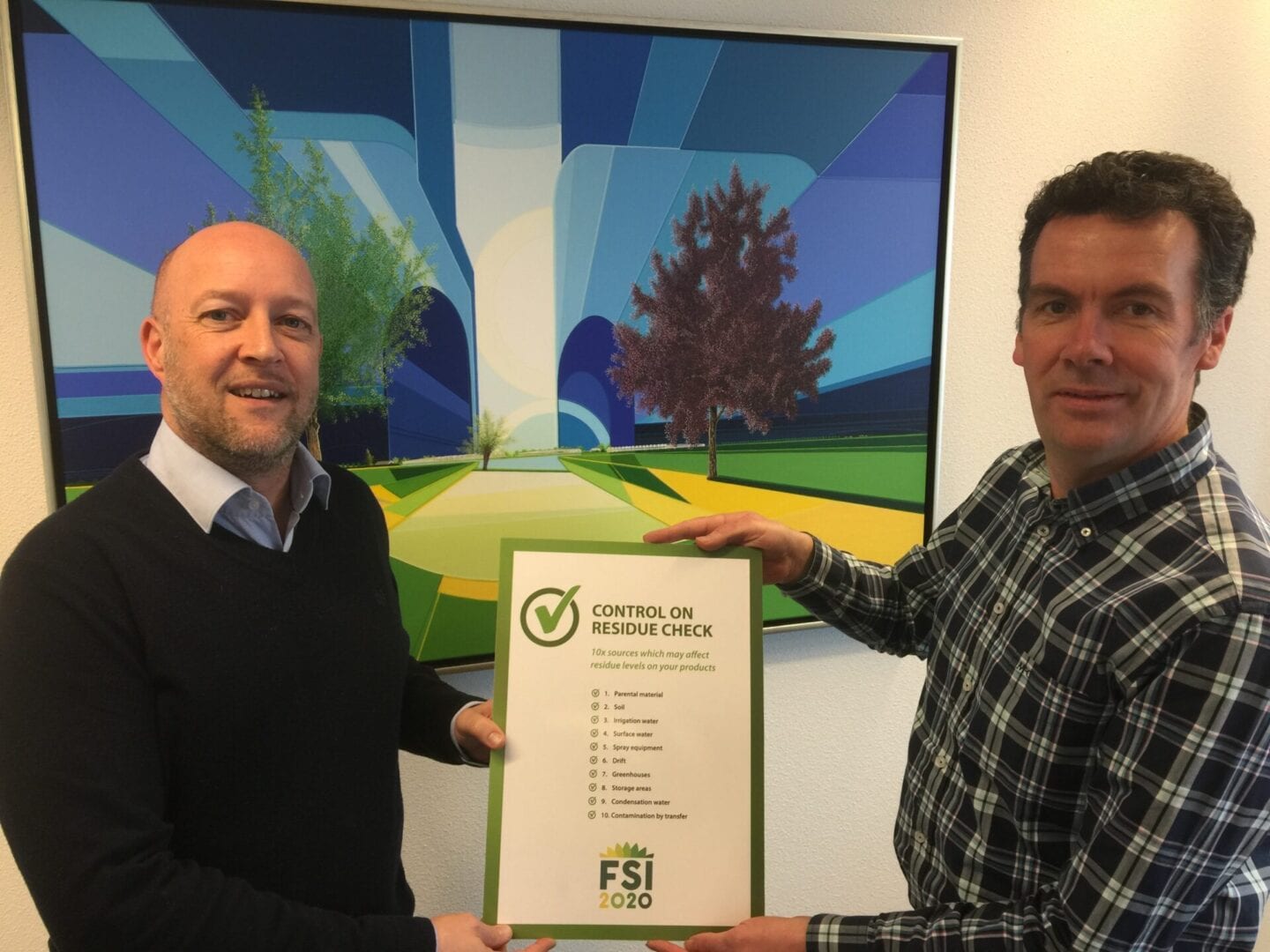
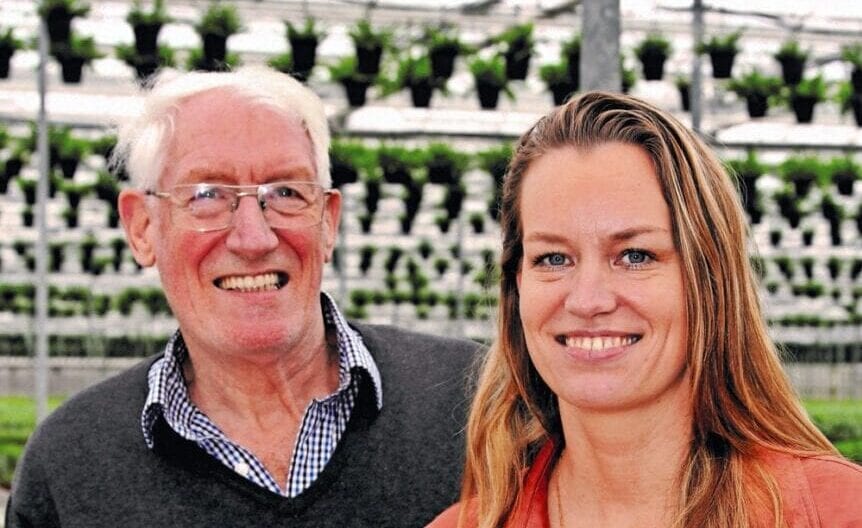
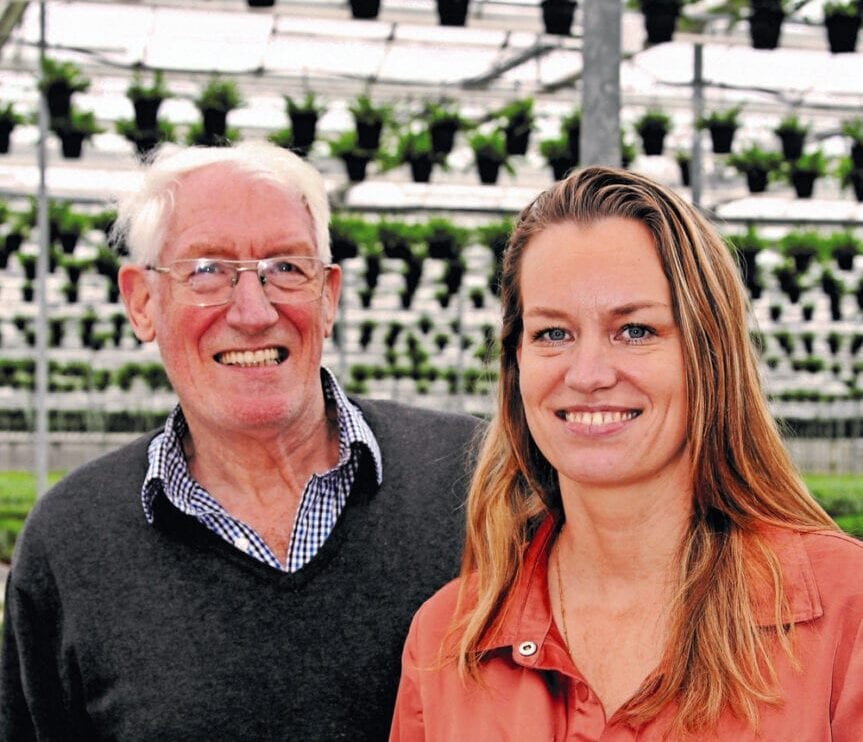
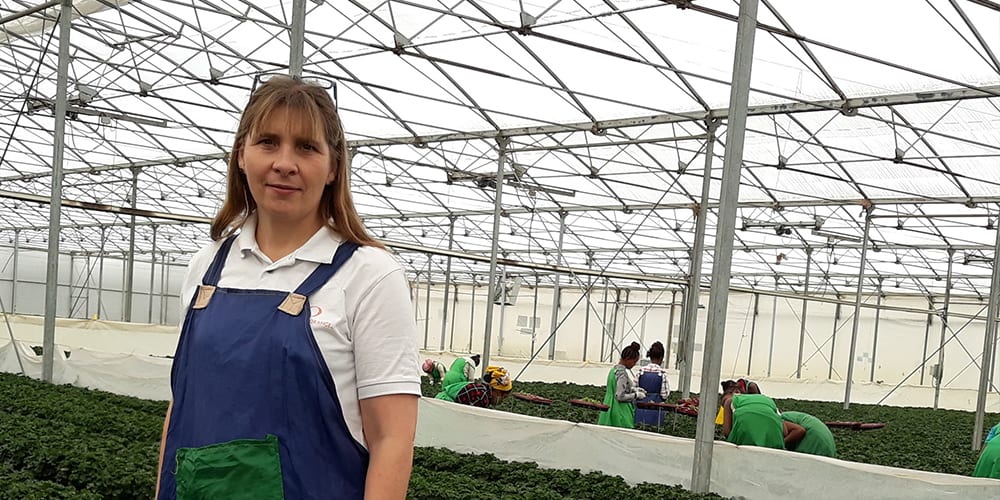
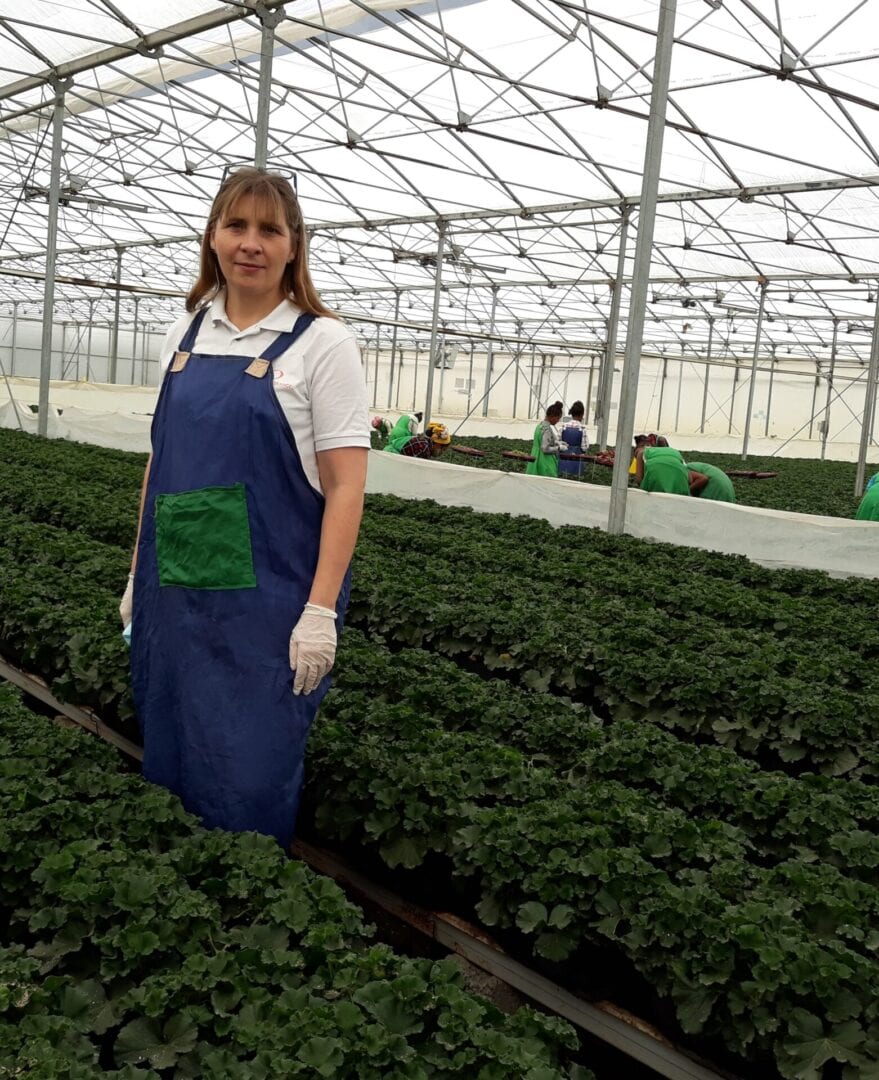
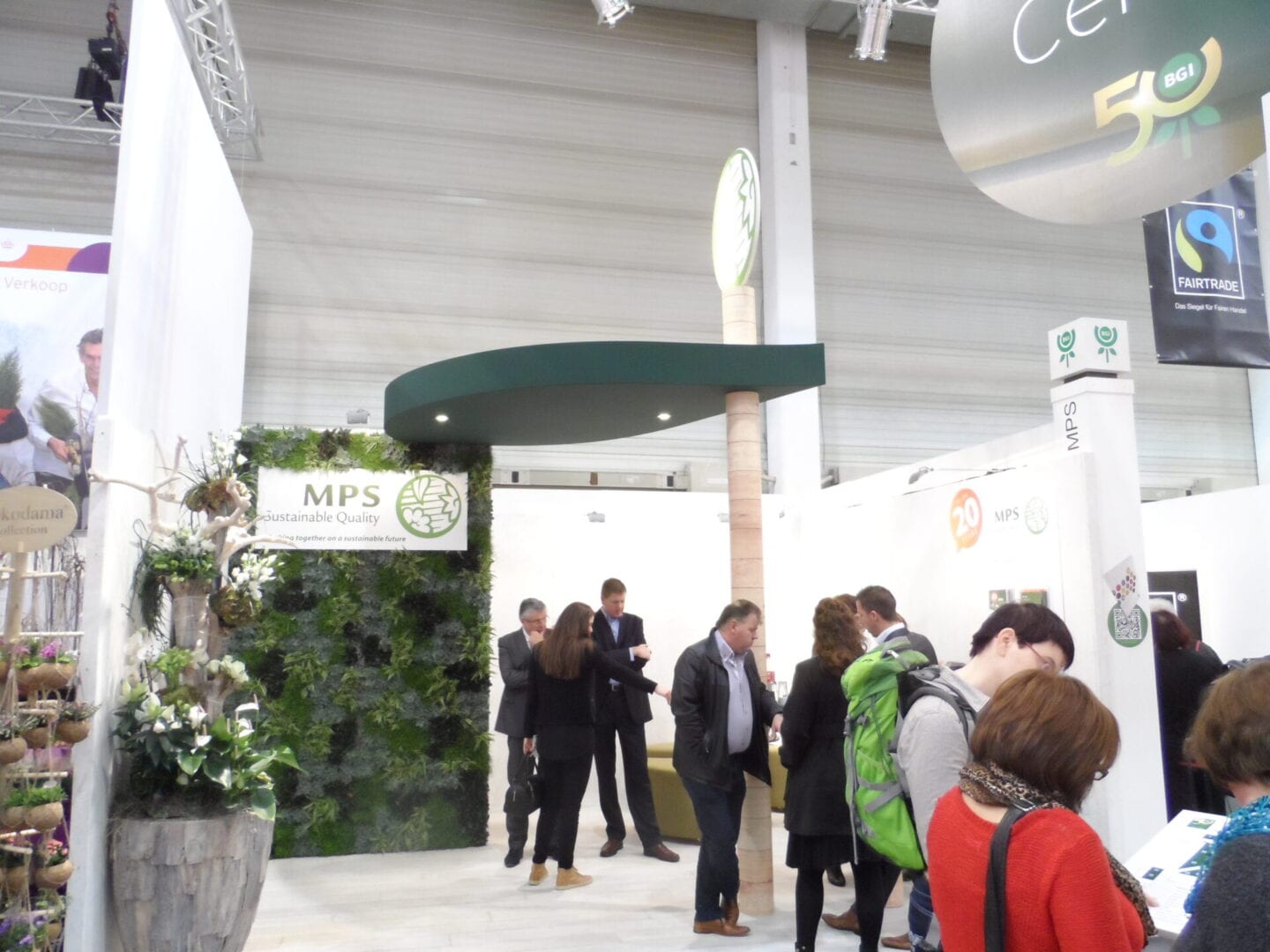
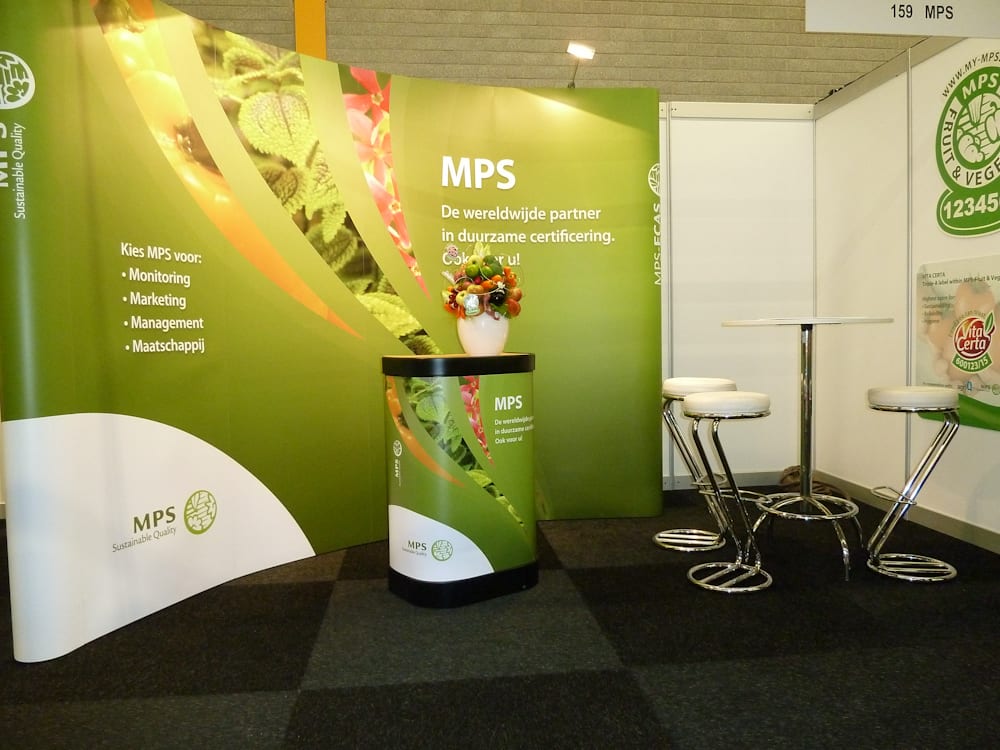
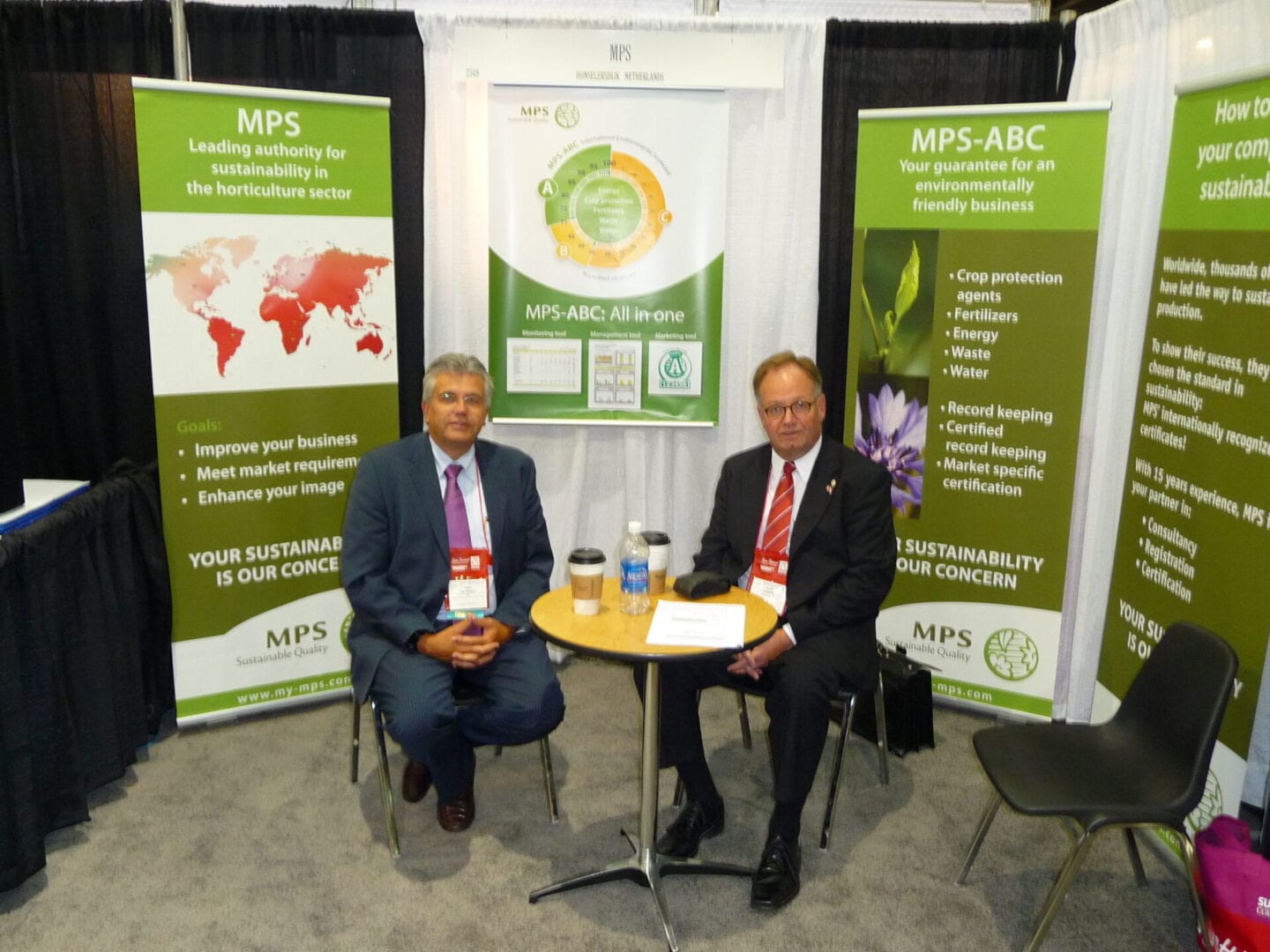
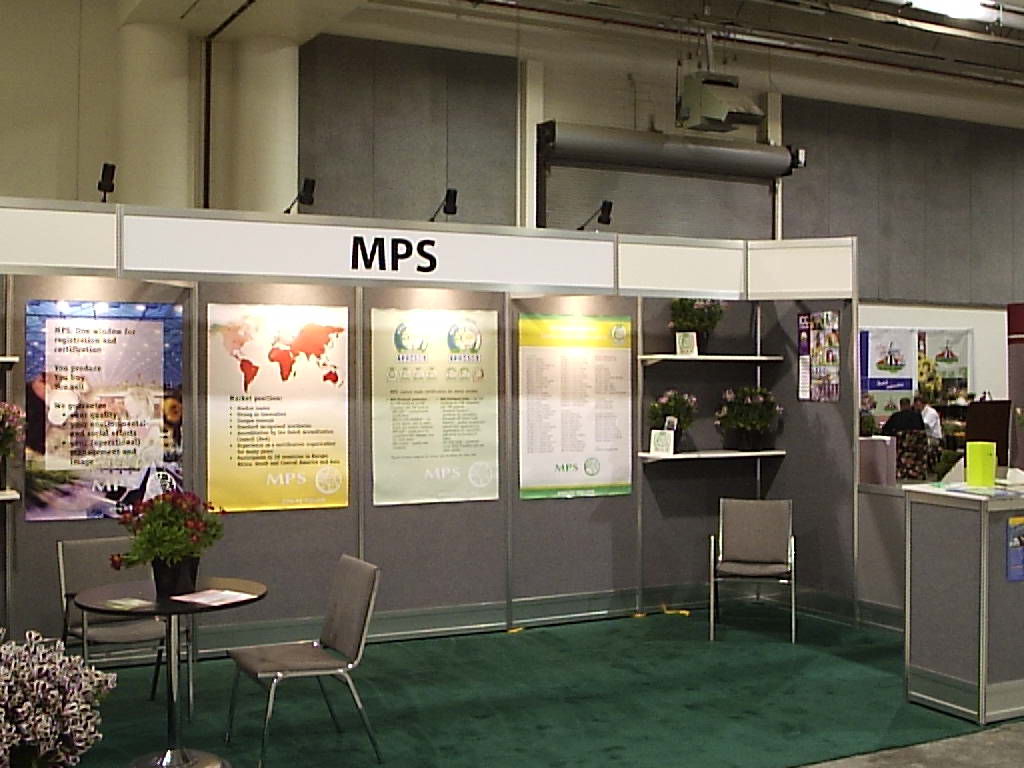
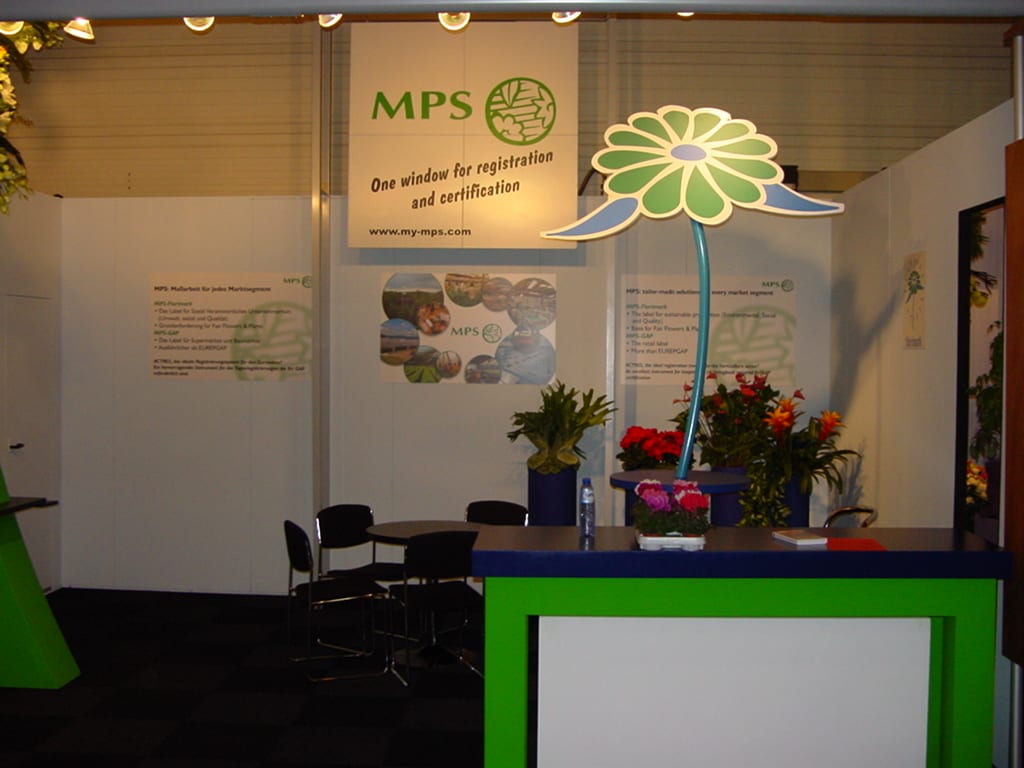
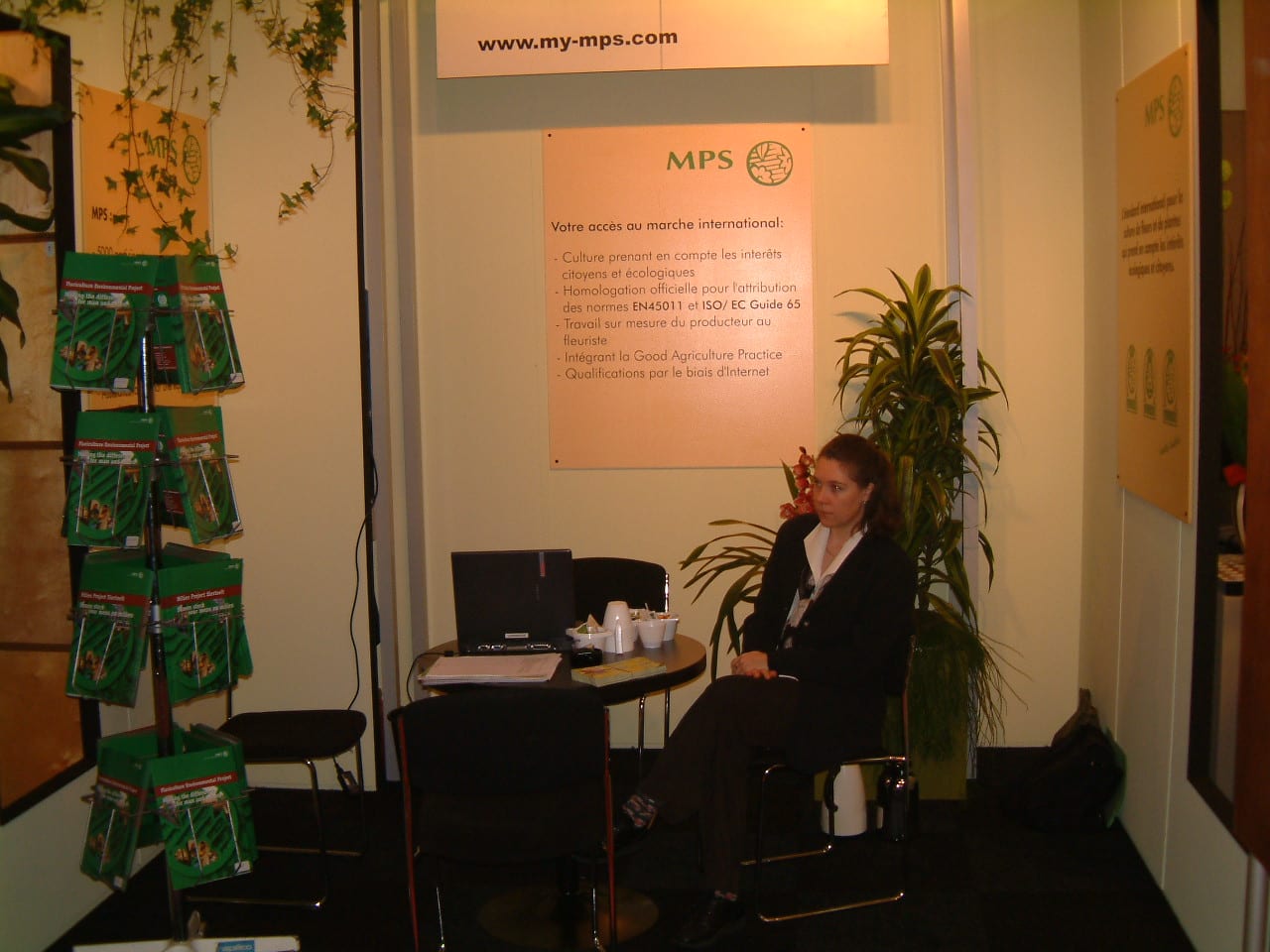
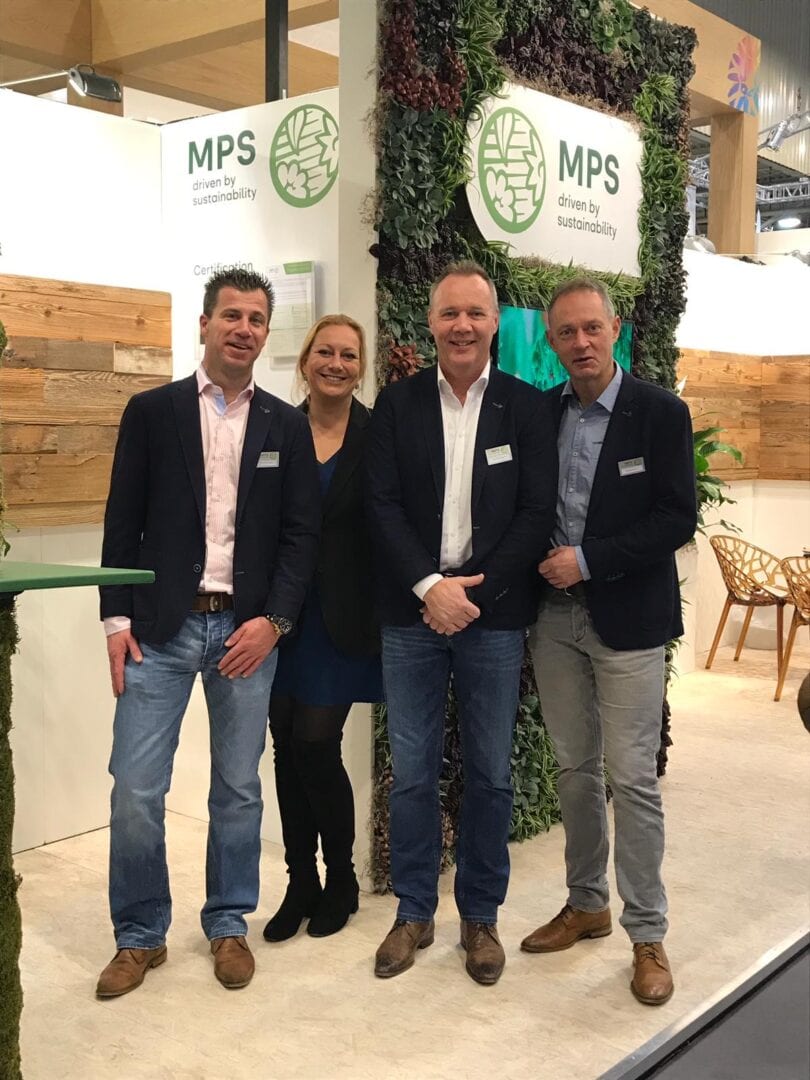
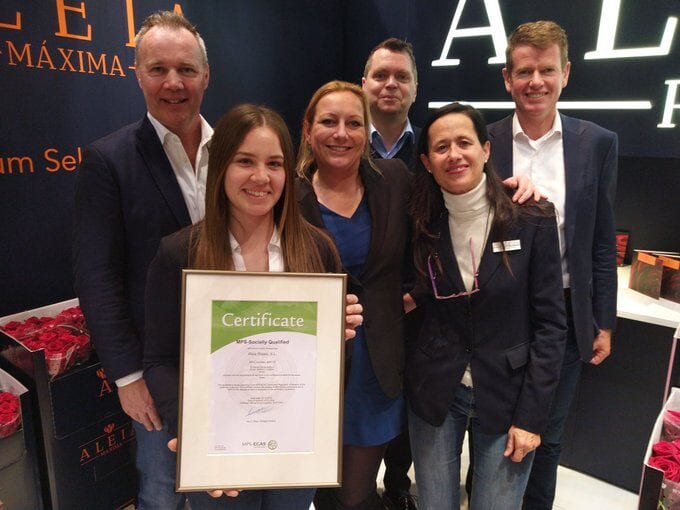
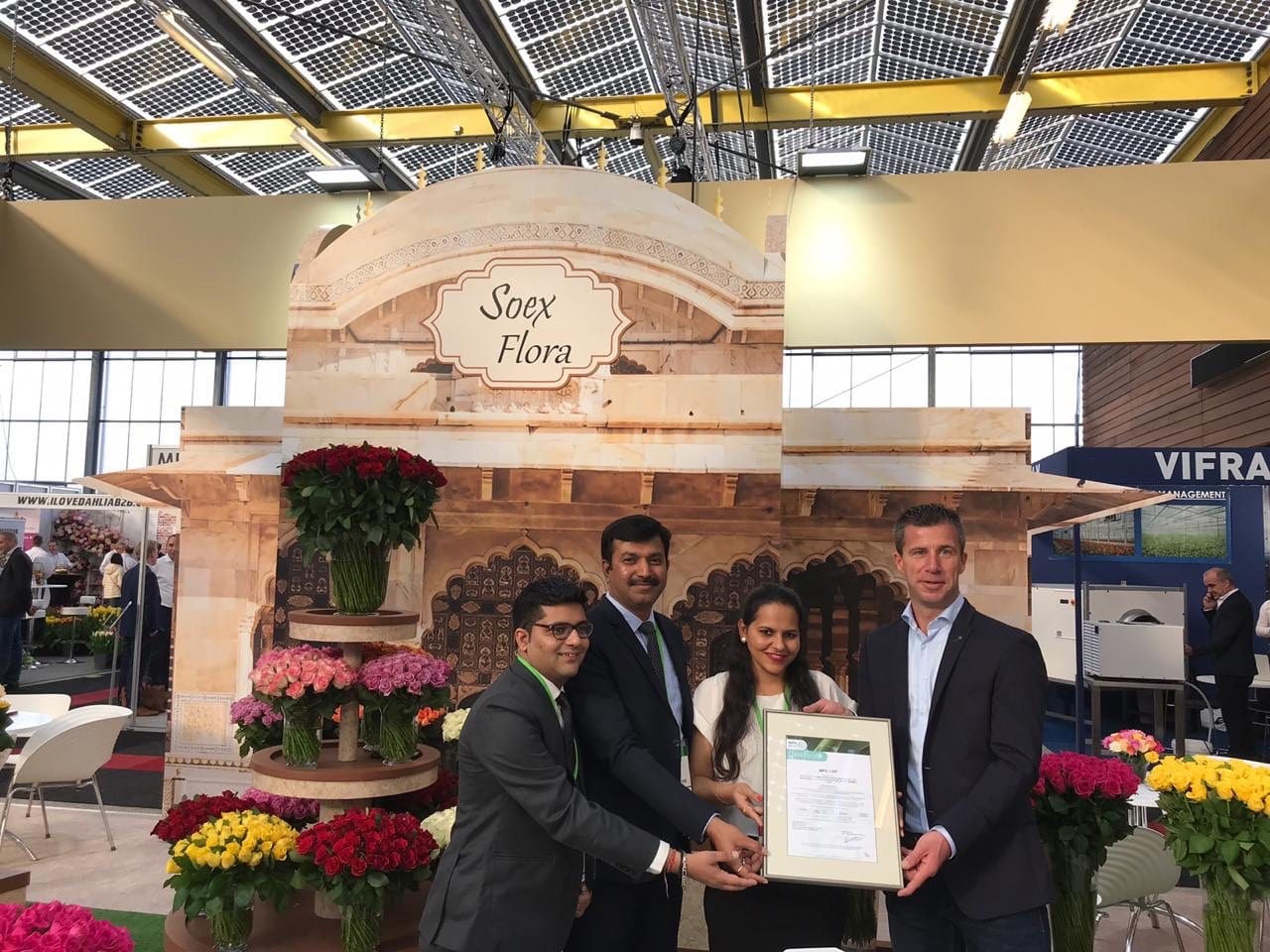
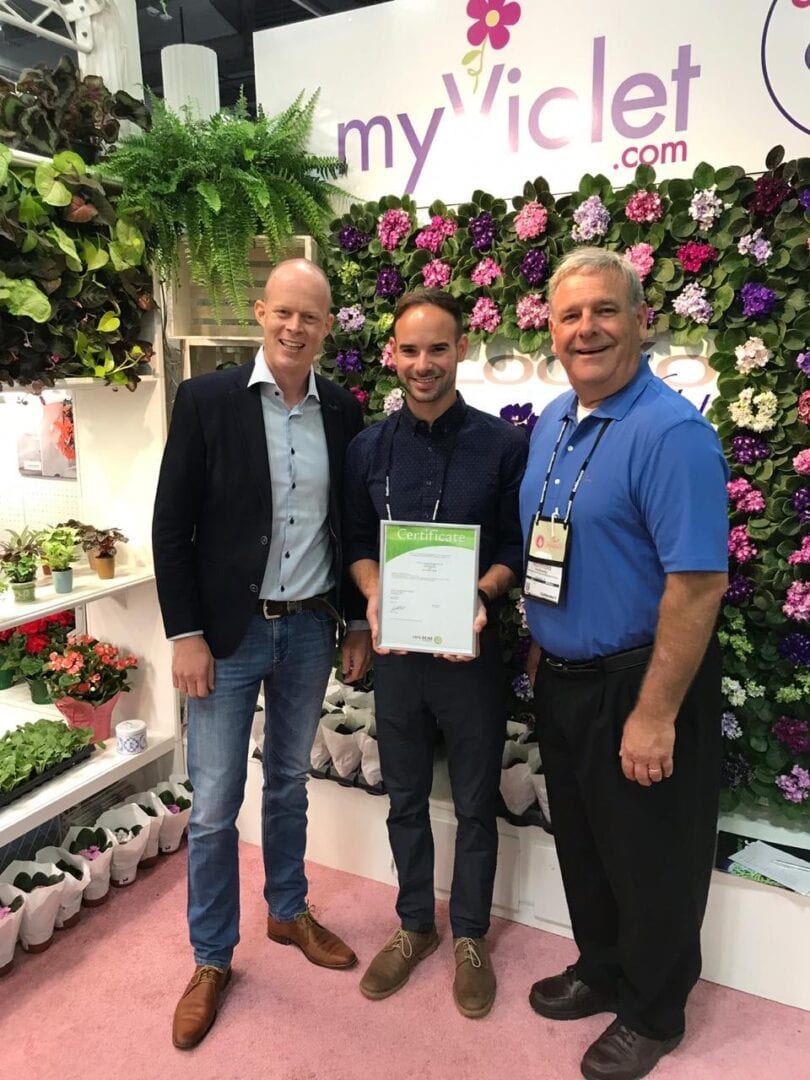
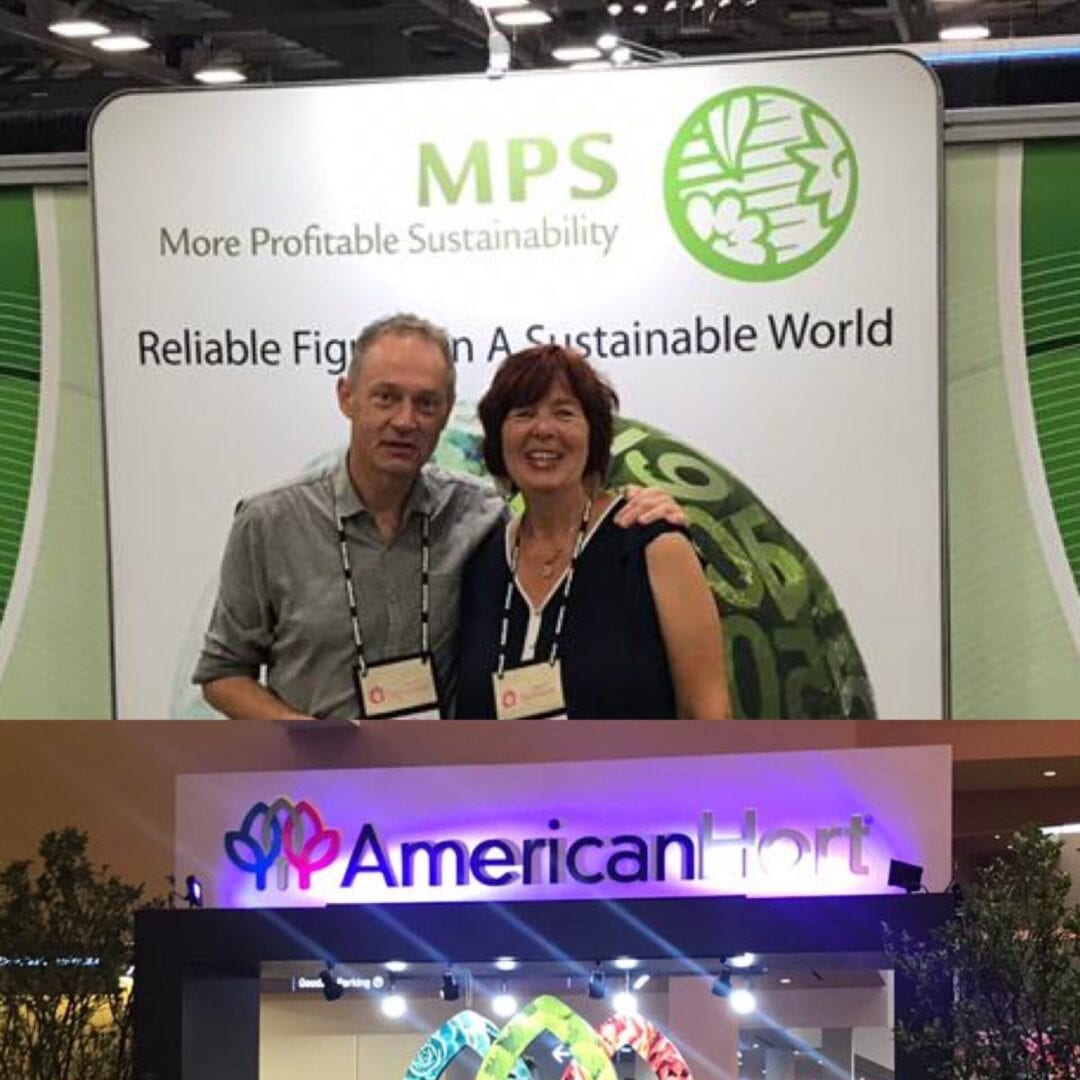
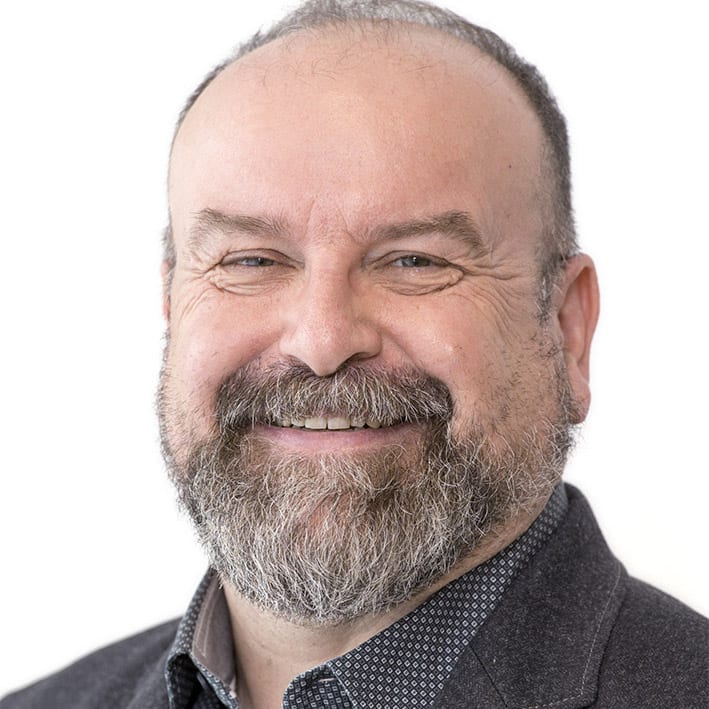
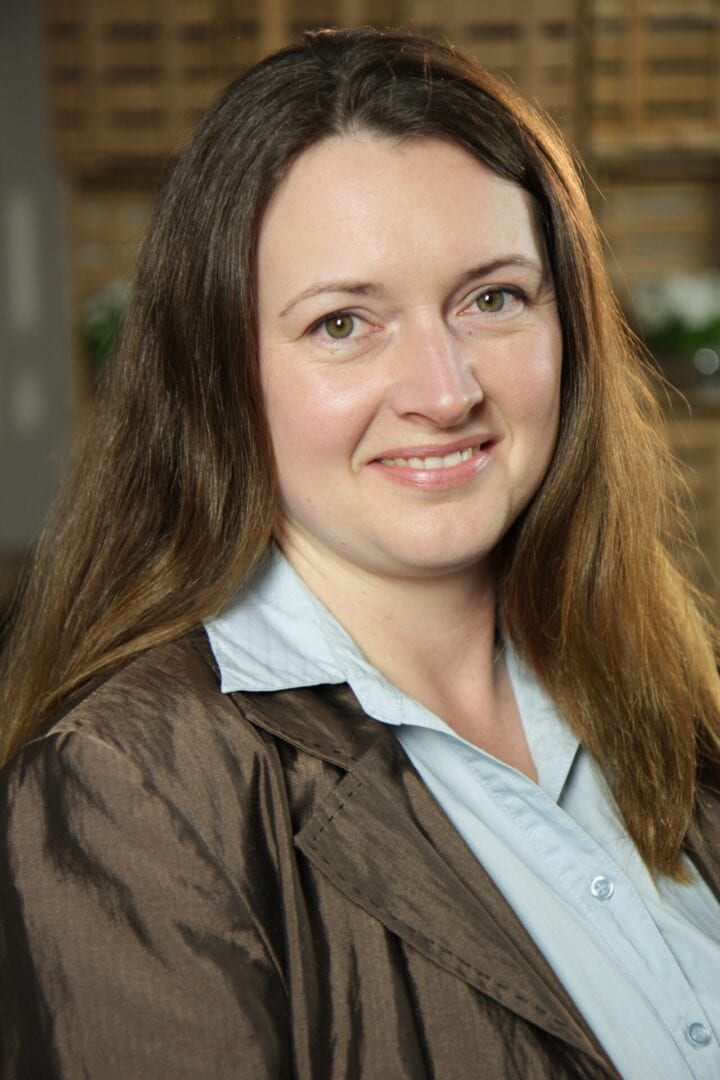 Ina Reinders has been working on the topic of sustainability for the German chain BLUME2000 AG for almost a decade. It is the largest German florist chain, with approximately 230 branches and a webshop. In three years’ time, the company will celebrate its 50th anniversary.
Ina Reinders has been working on the topic of sustainability for the German chain BLUME2000 AG for almost a decade. It is the largest German florist chain, with approximately 230 branches and a webshop. In three years’ time, the company will celebrate its 50th anniversary.

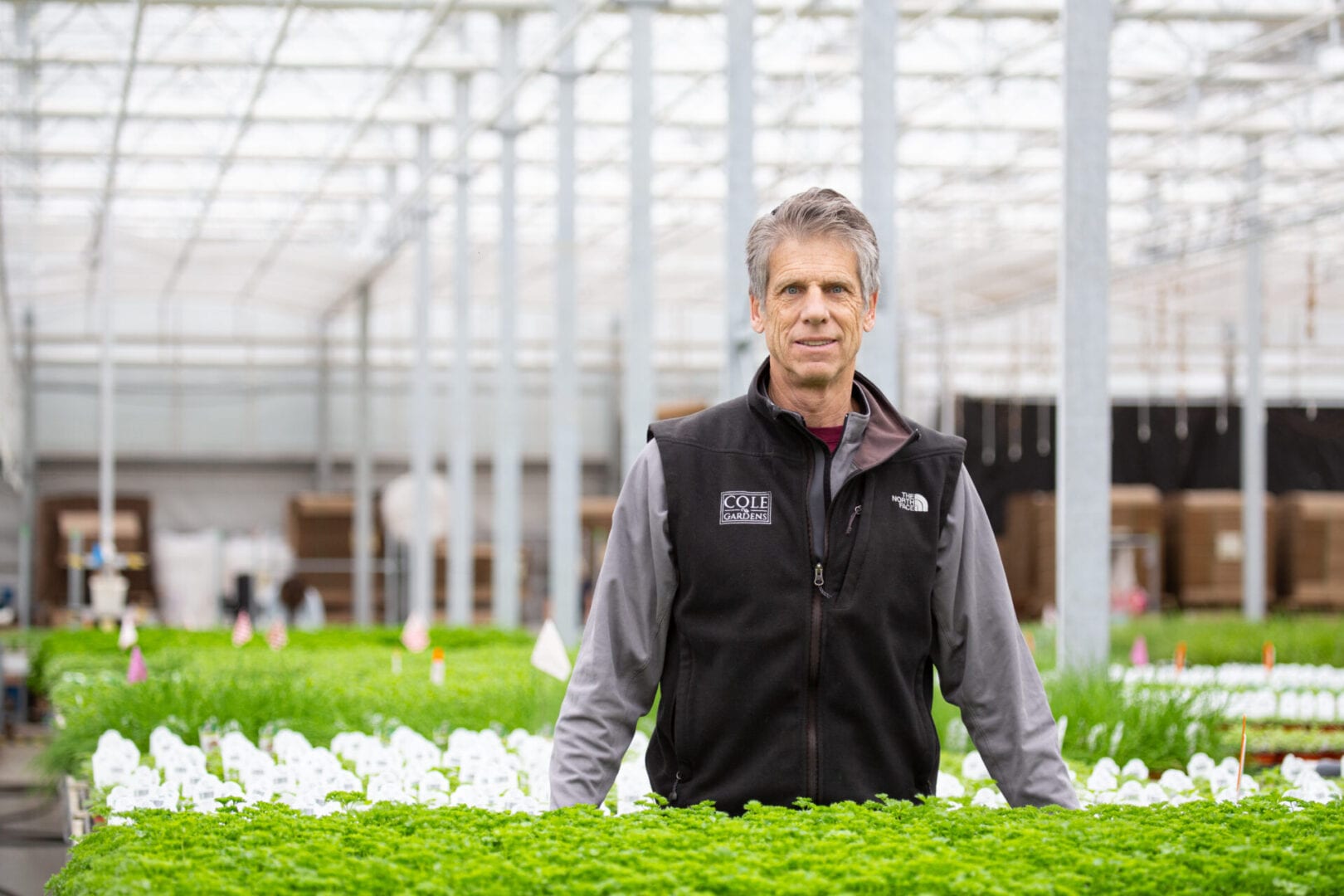
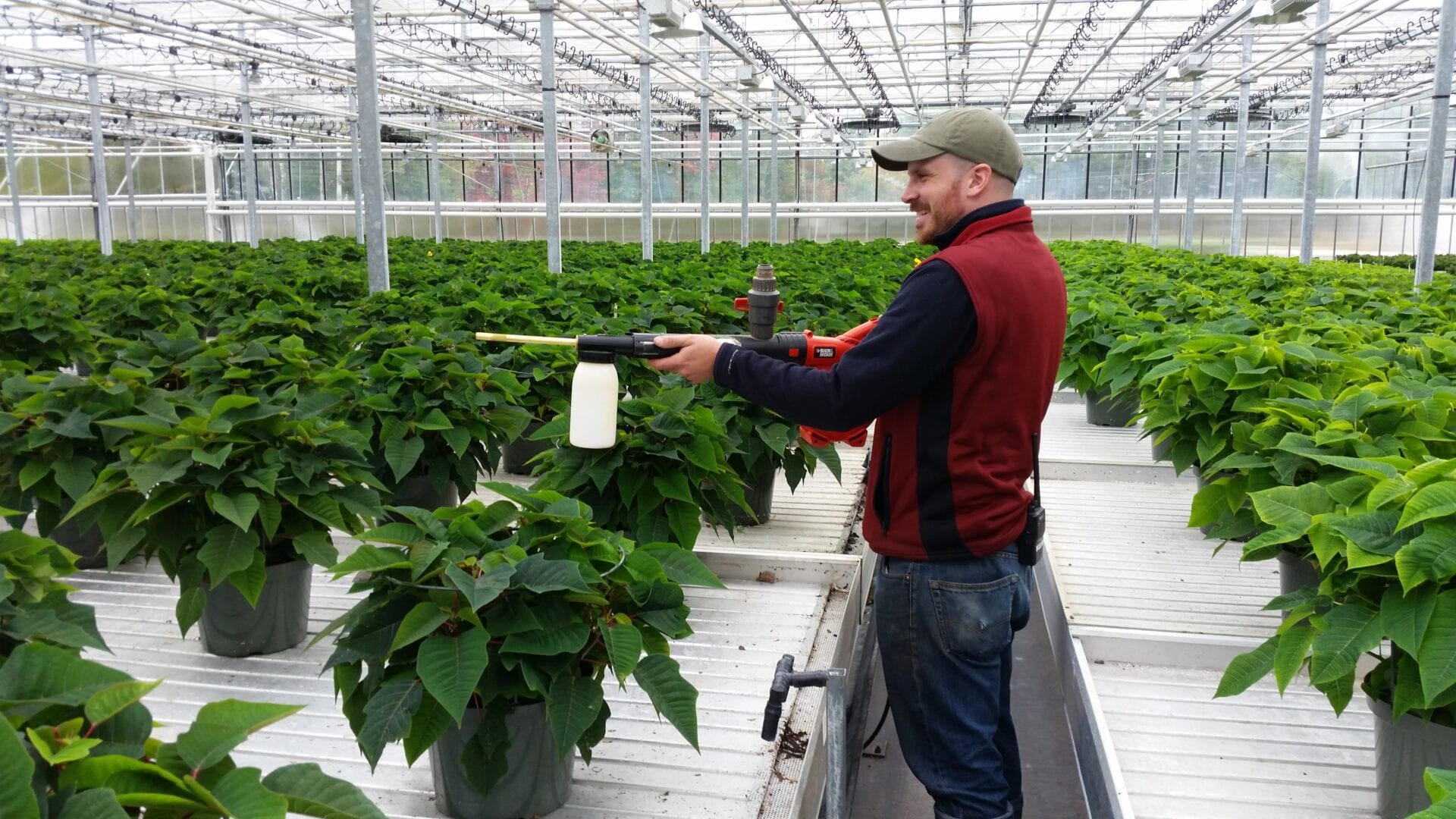
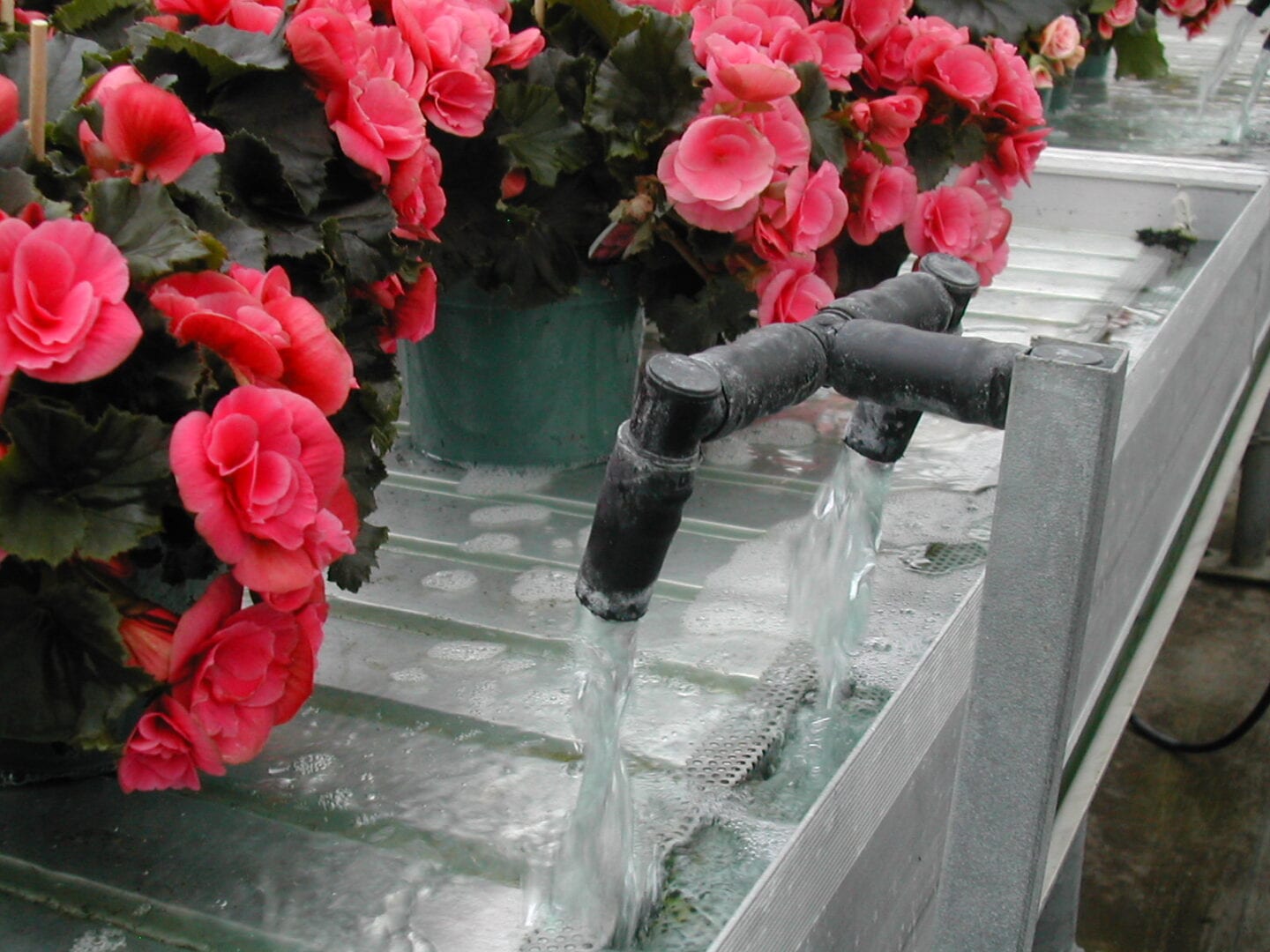
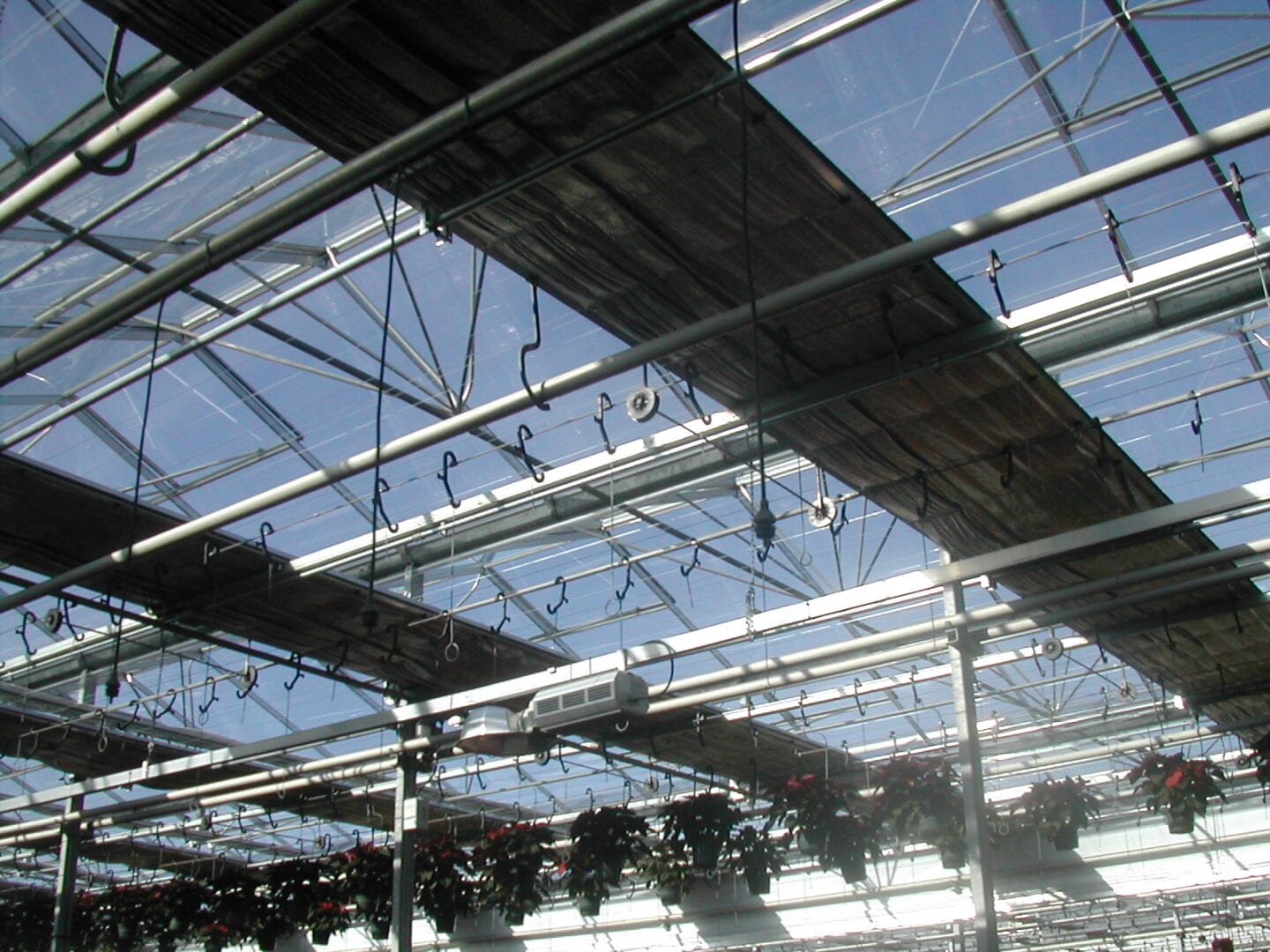
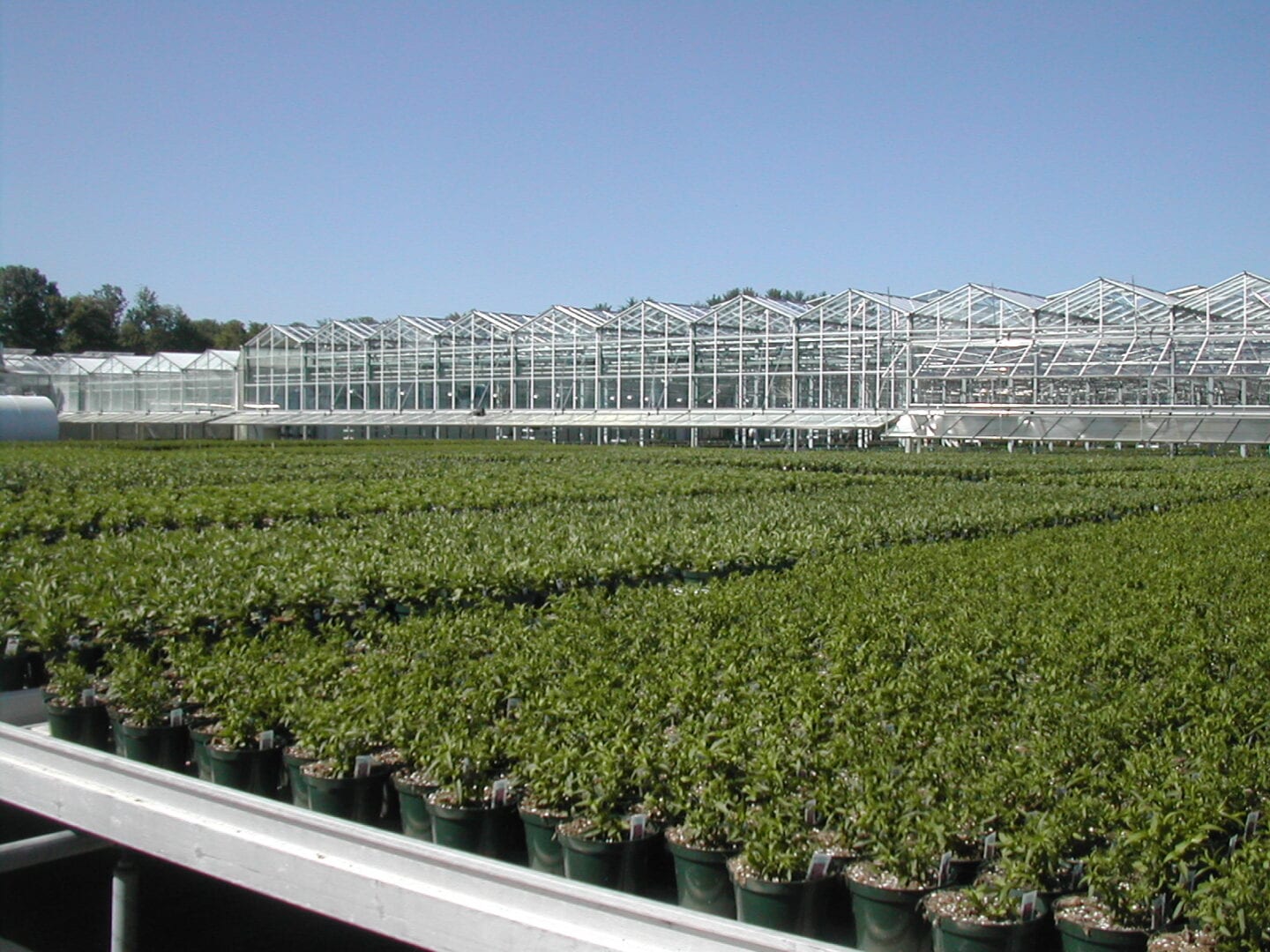
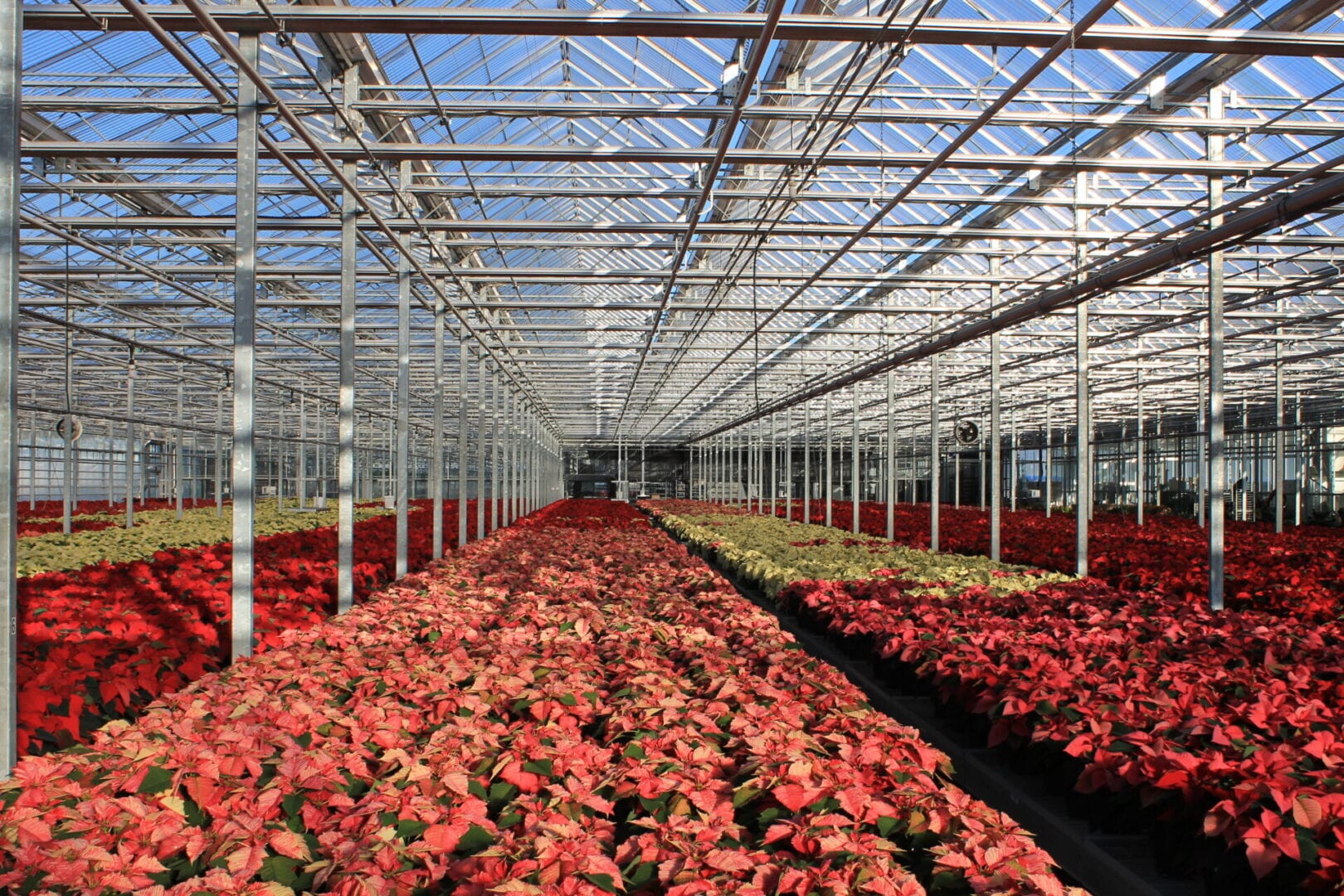
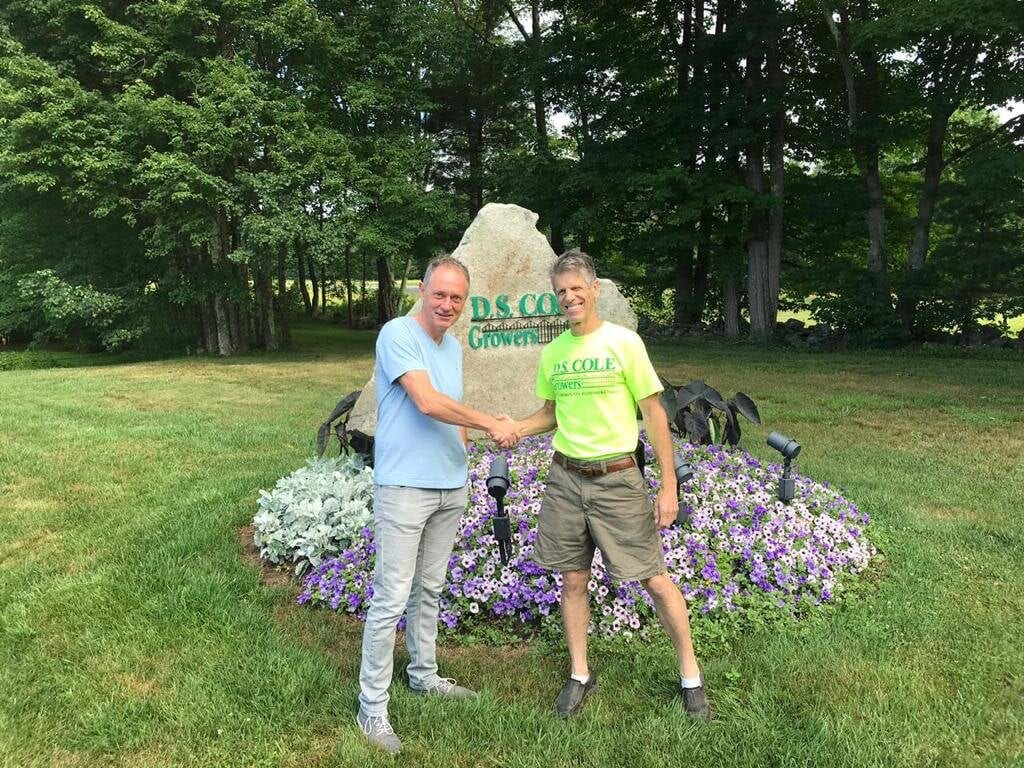
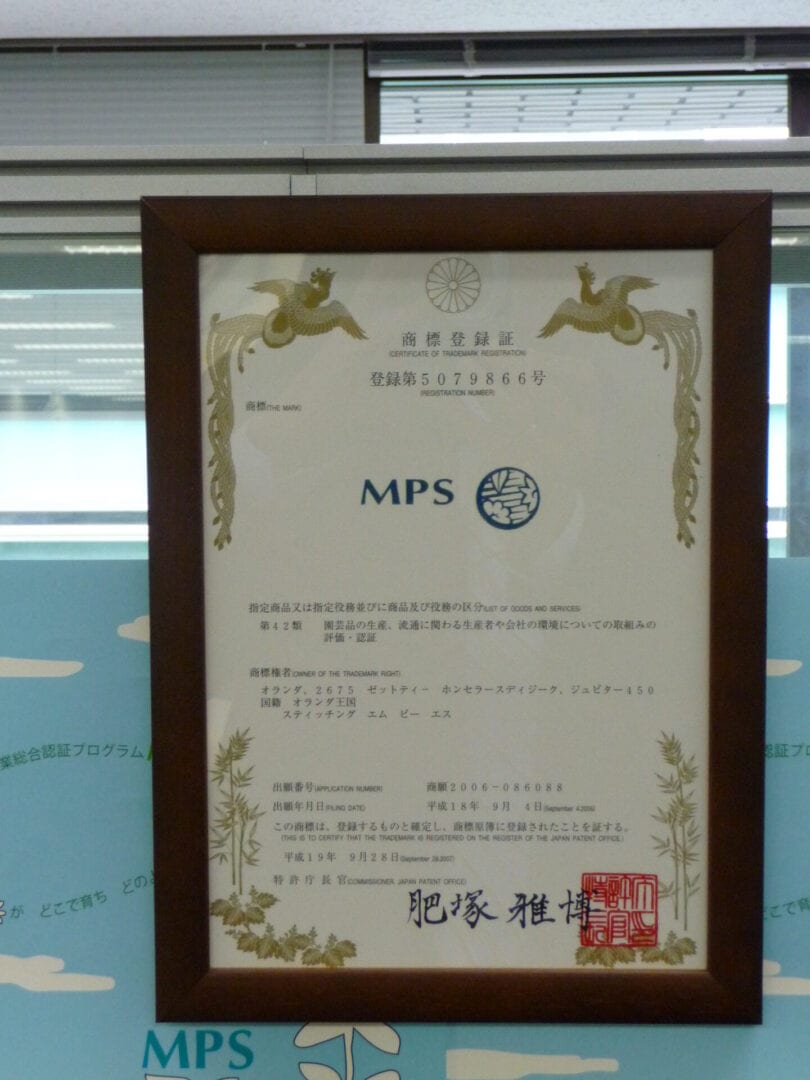
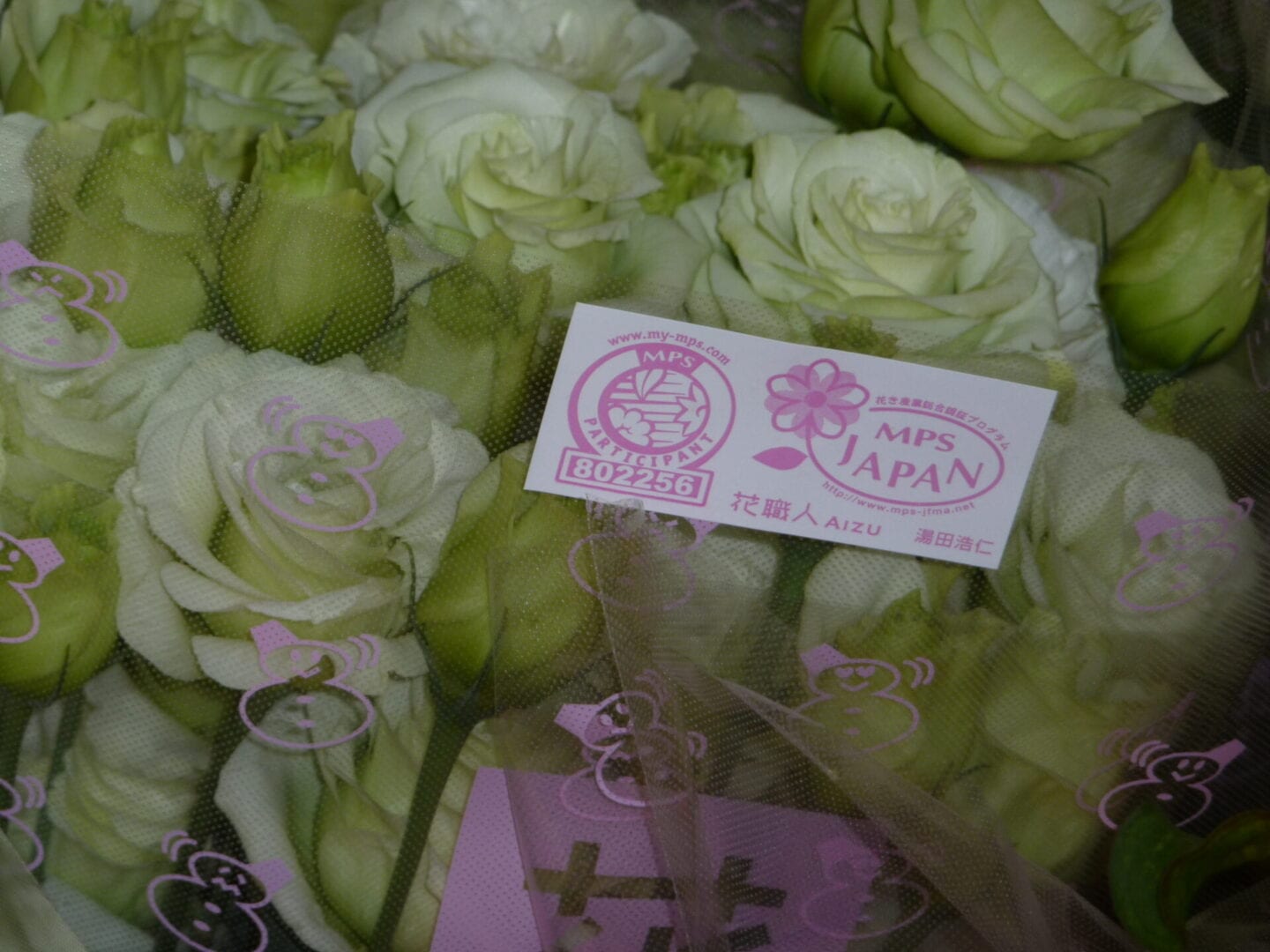
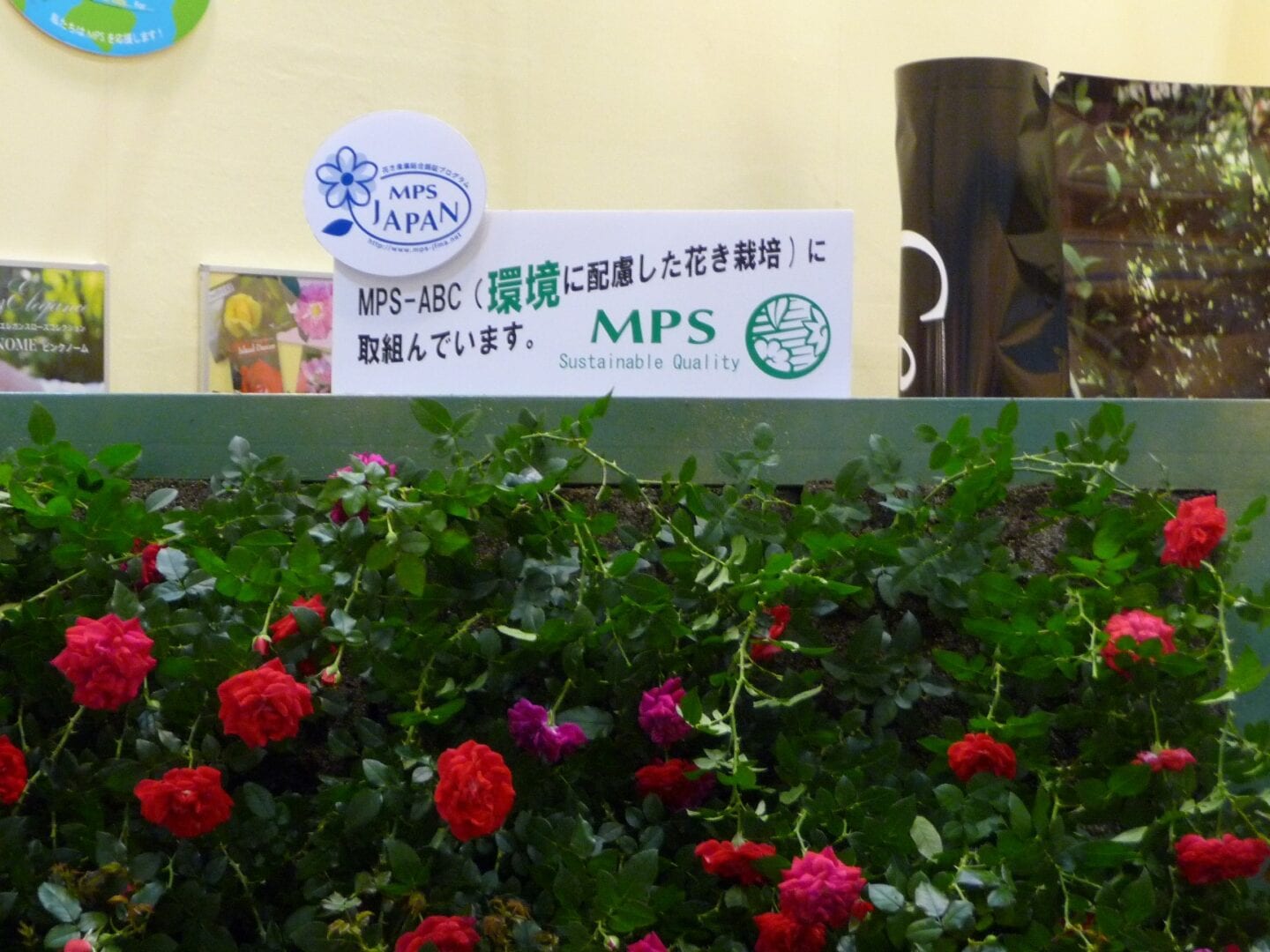
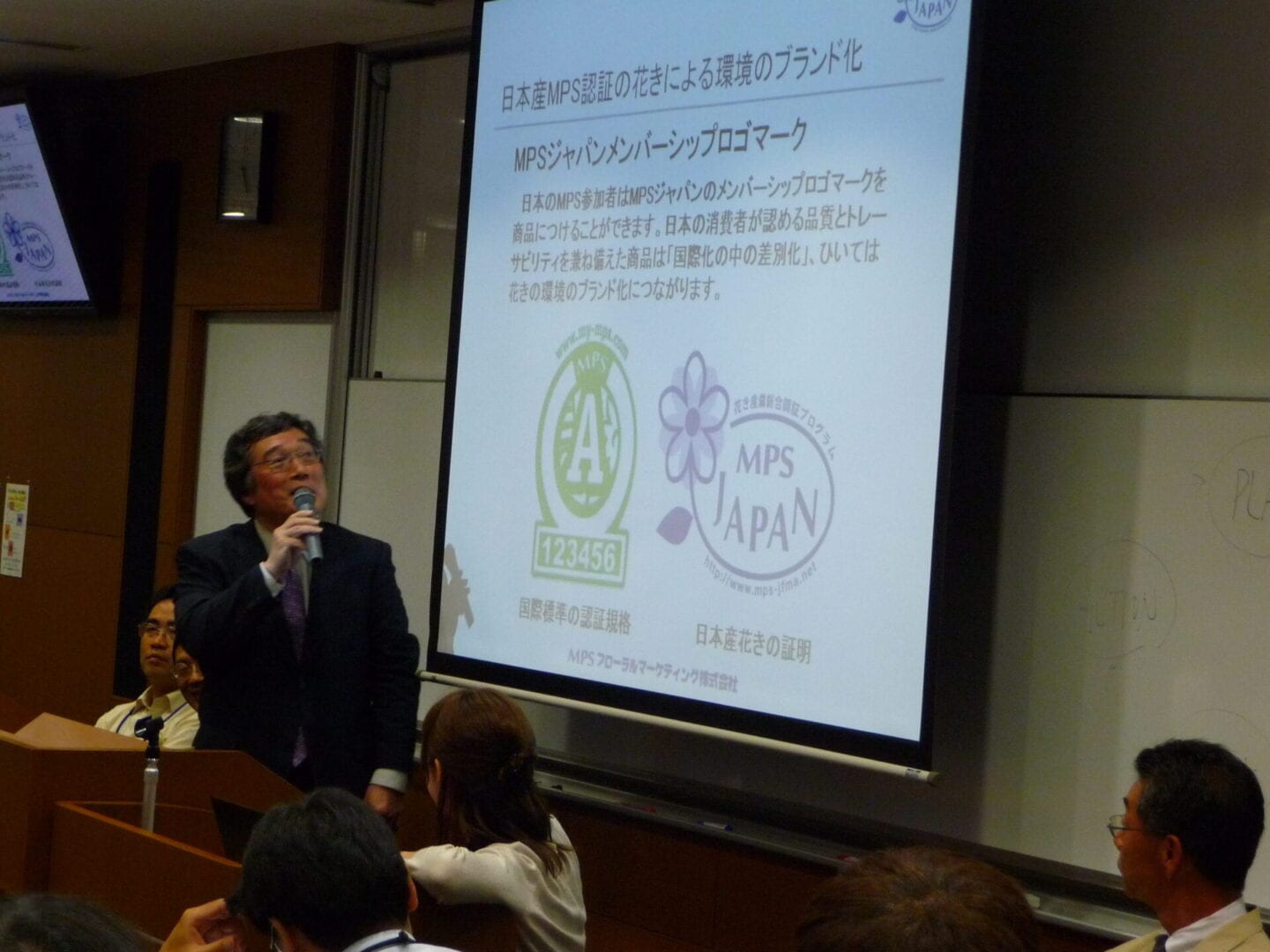
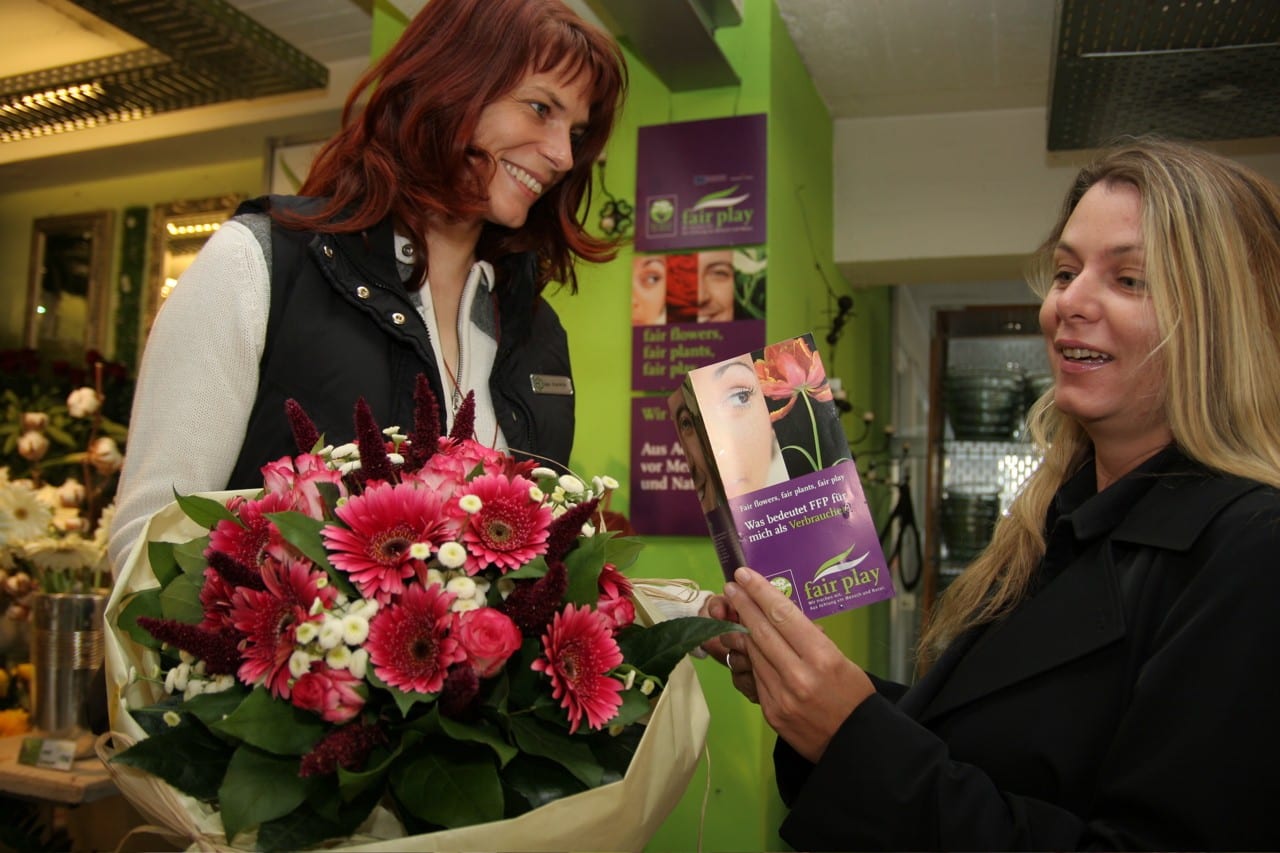
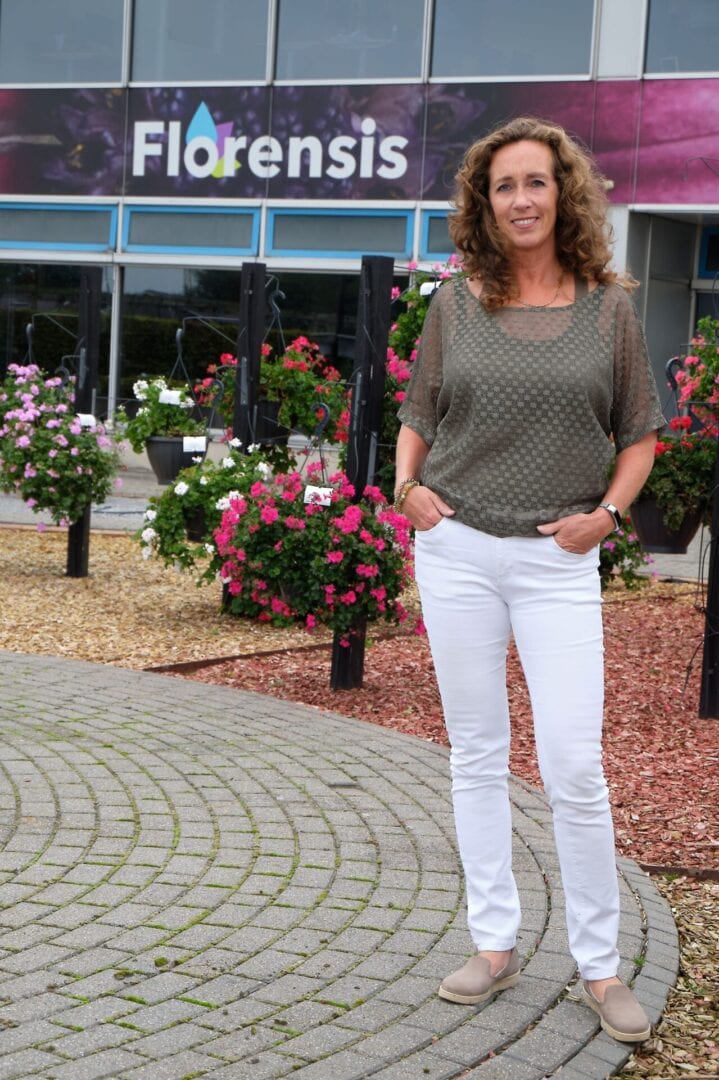
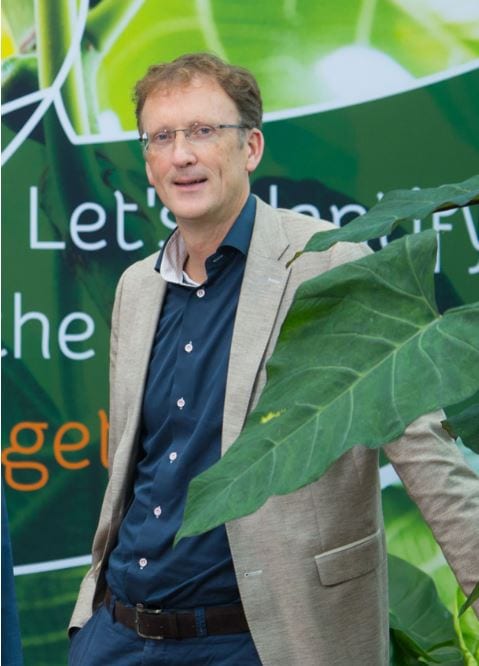 Certificates help
Certificates help